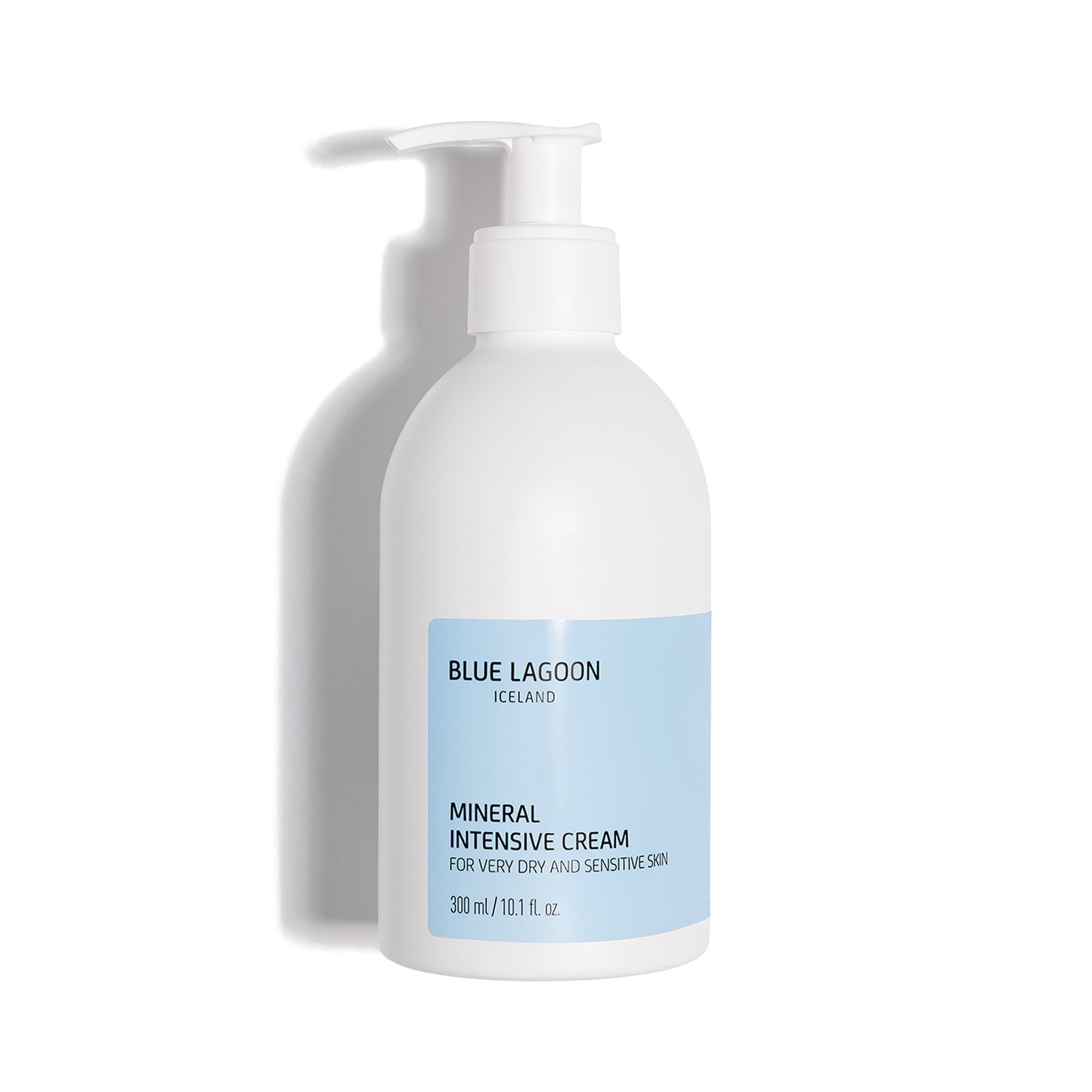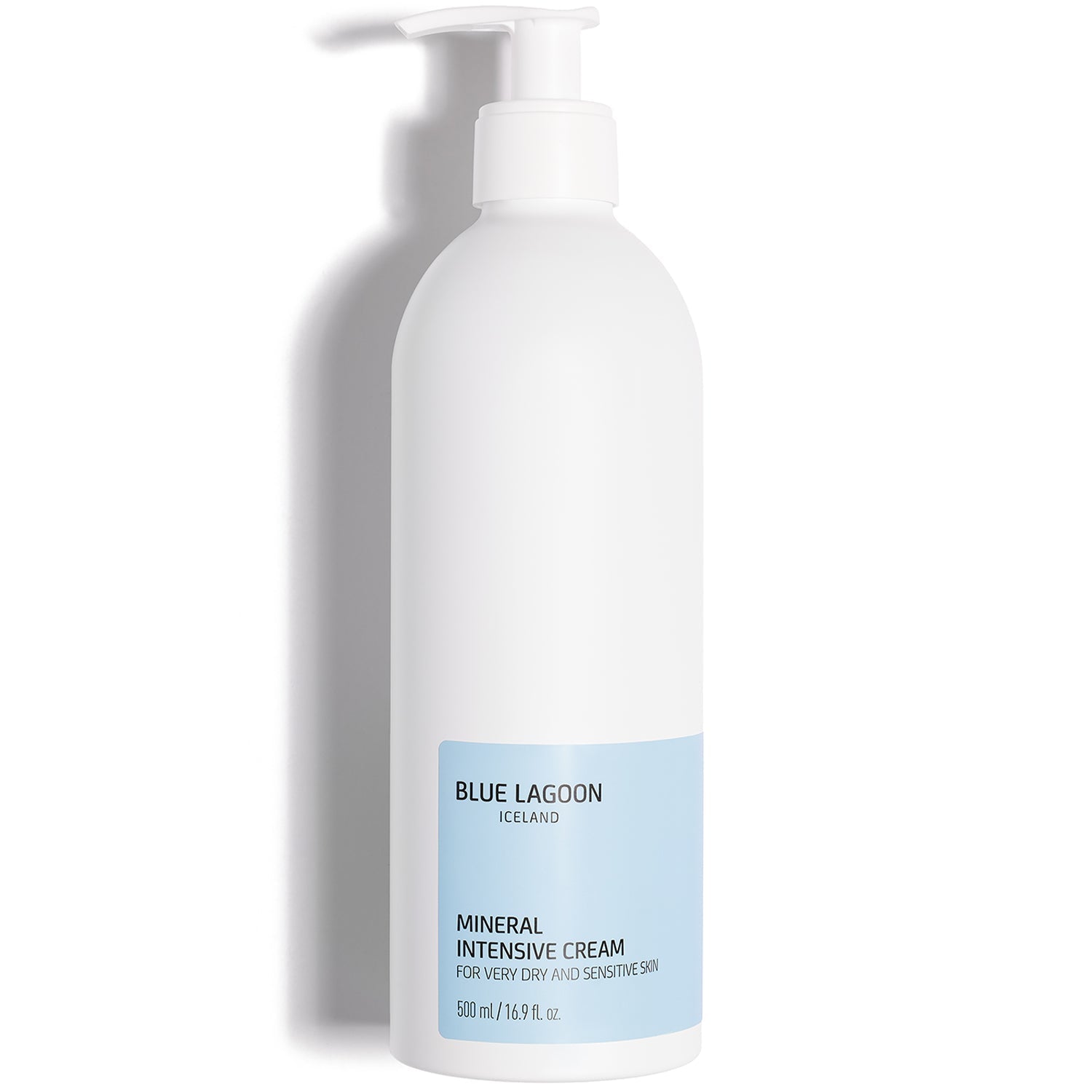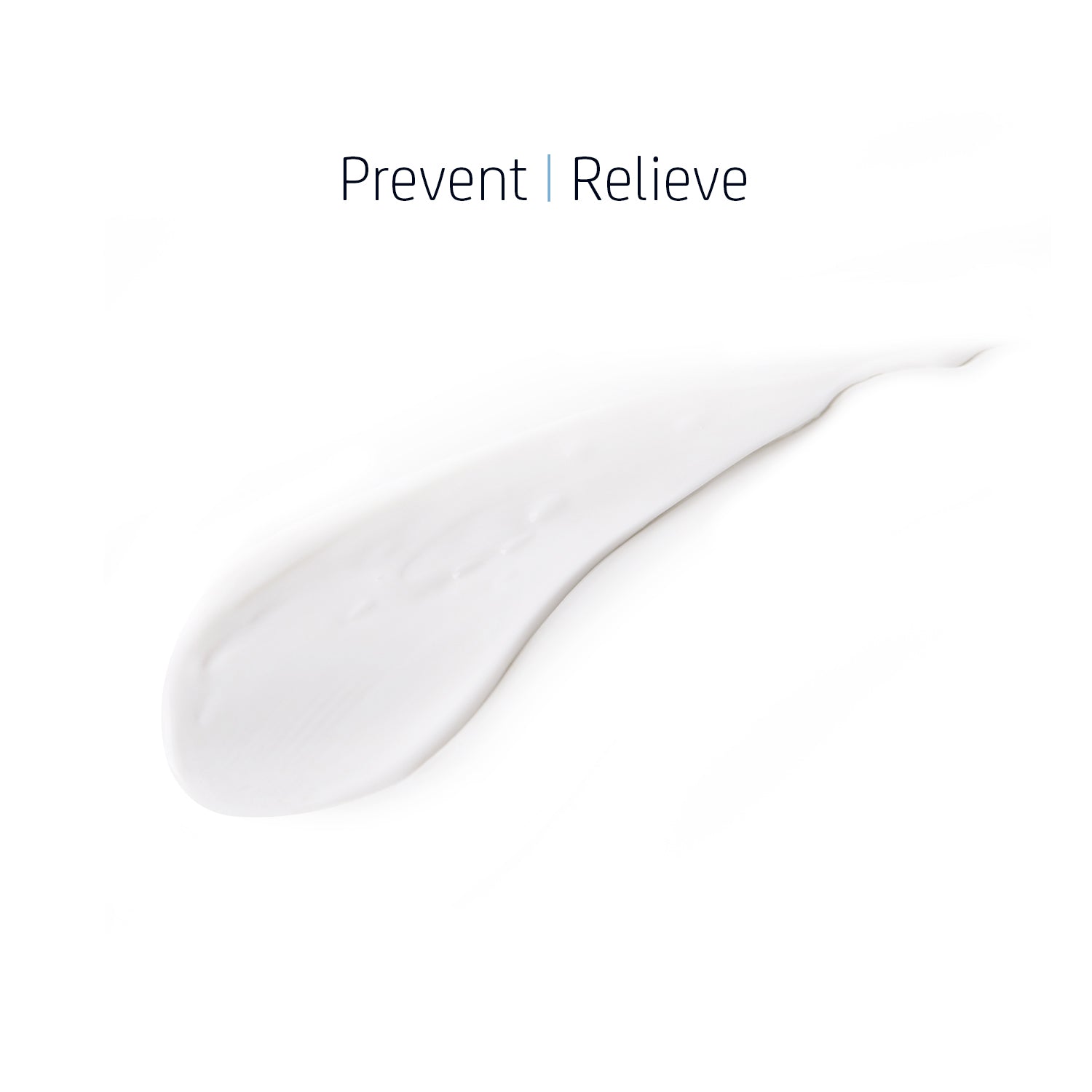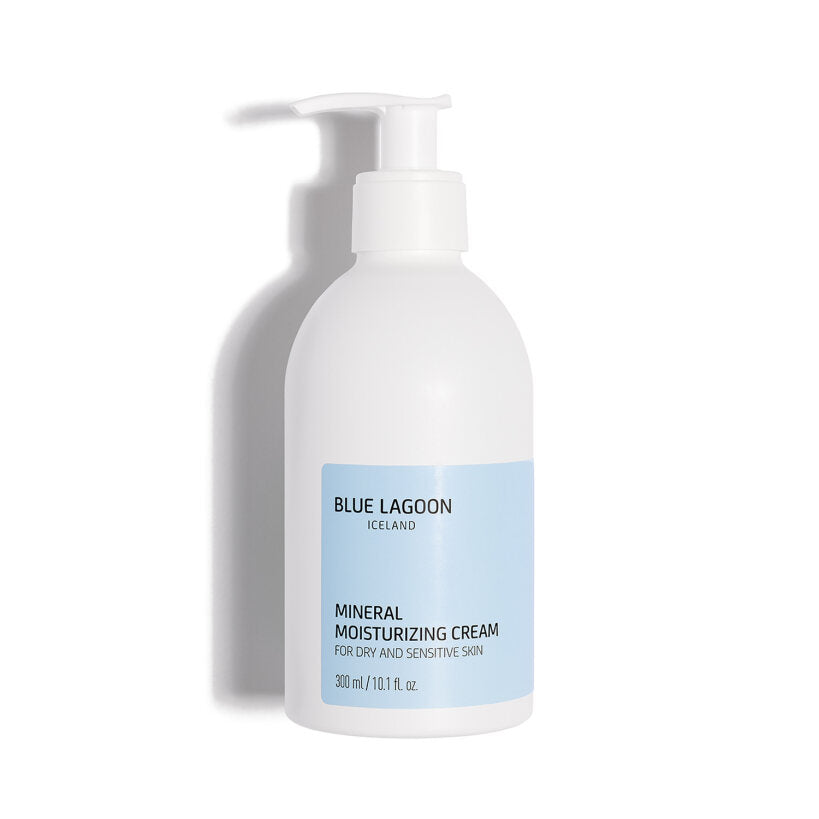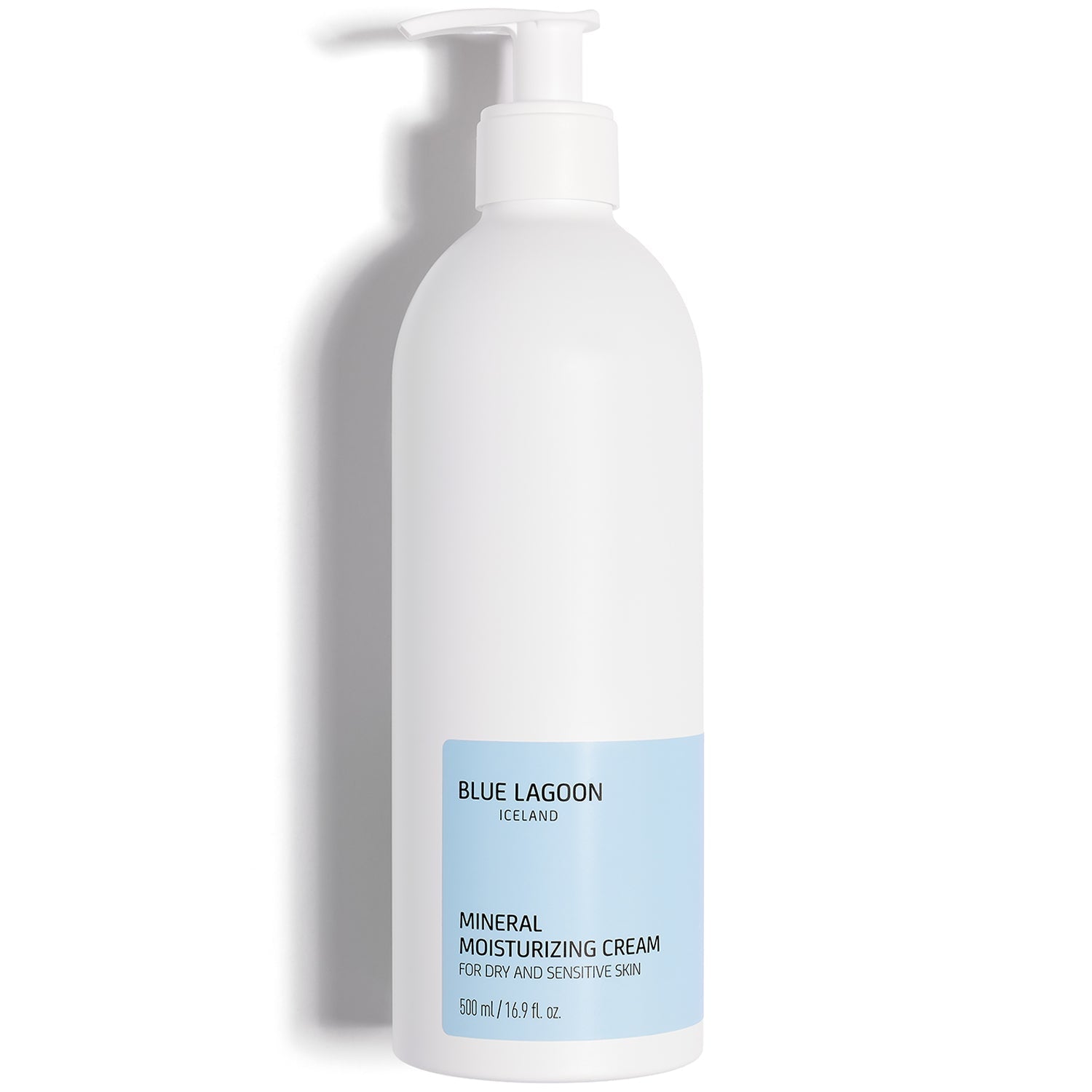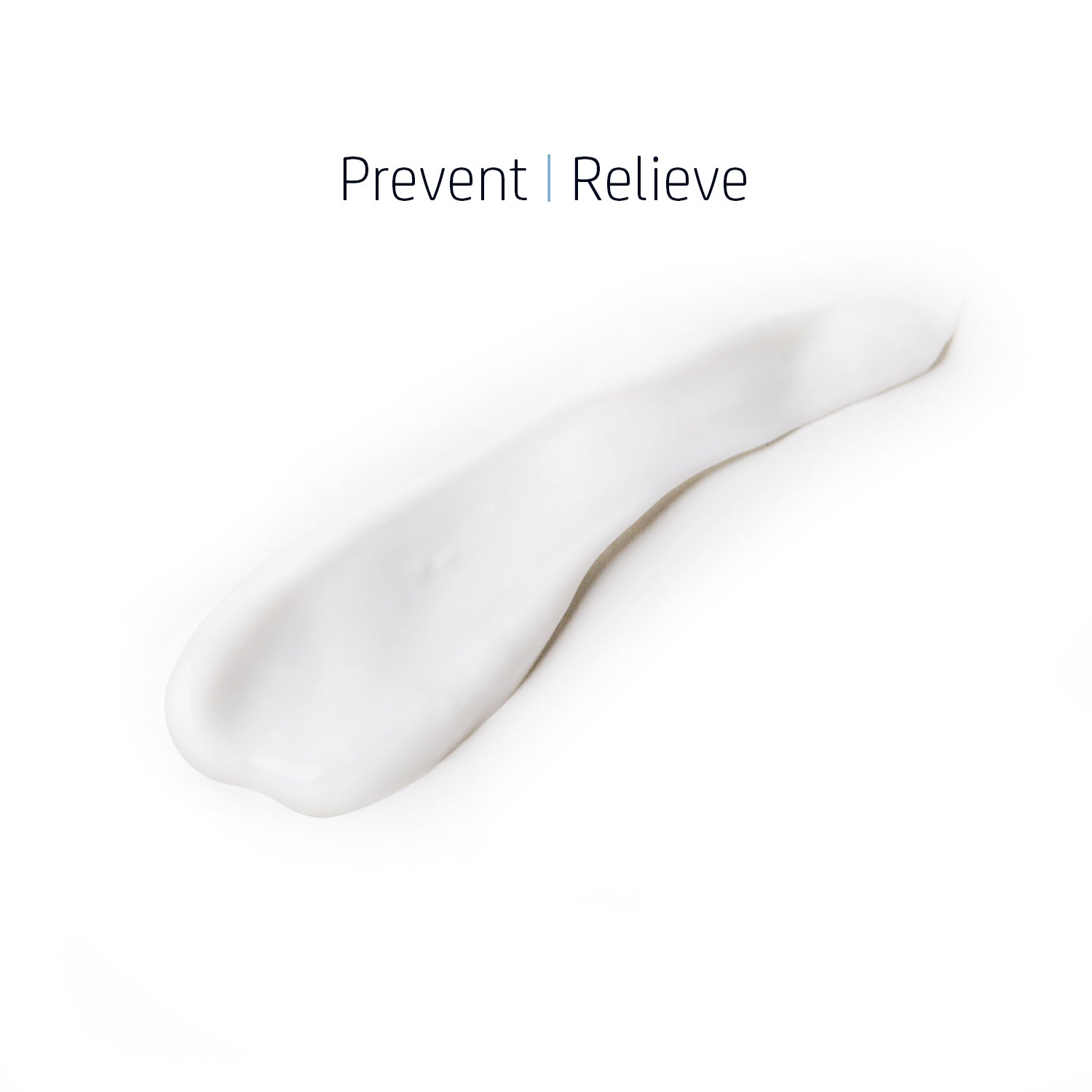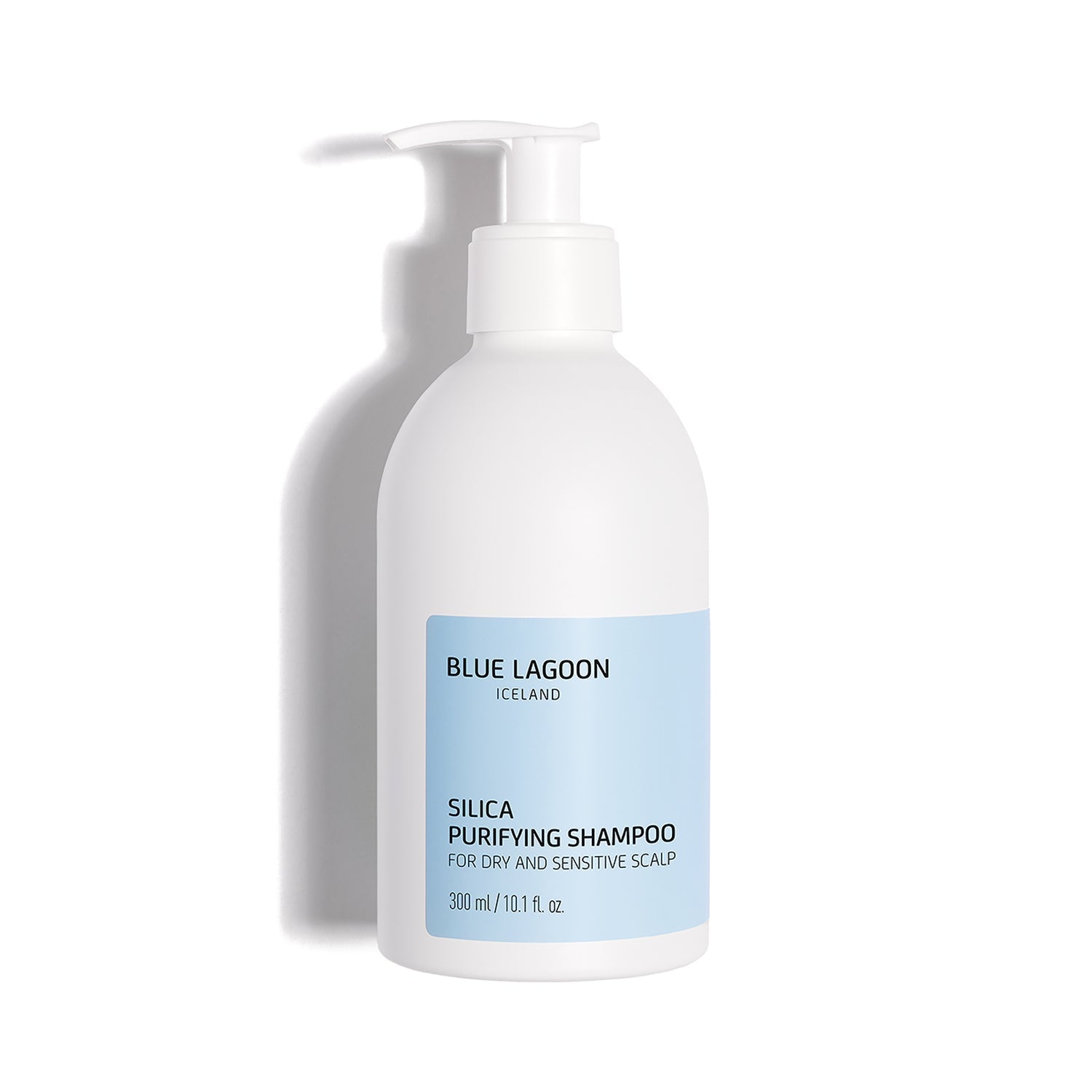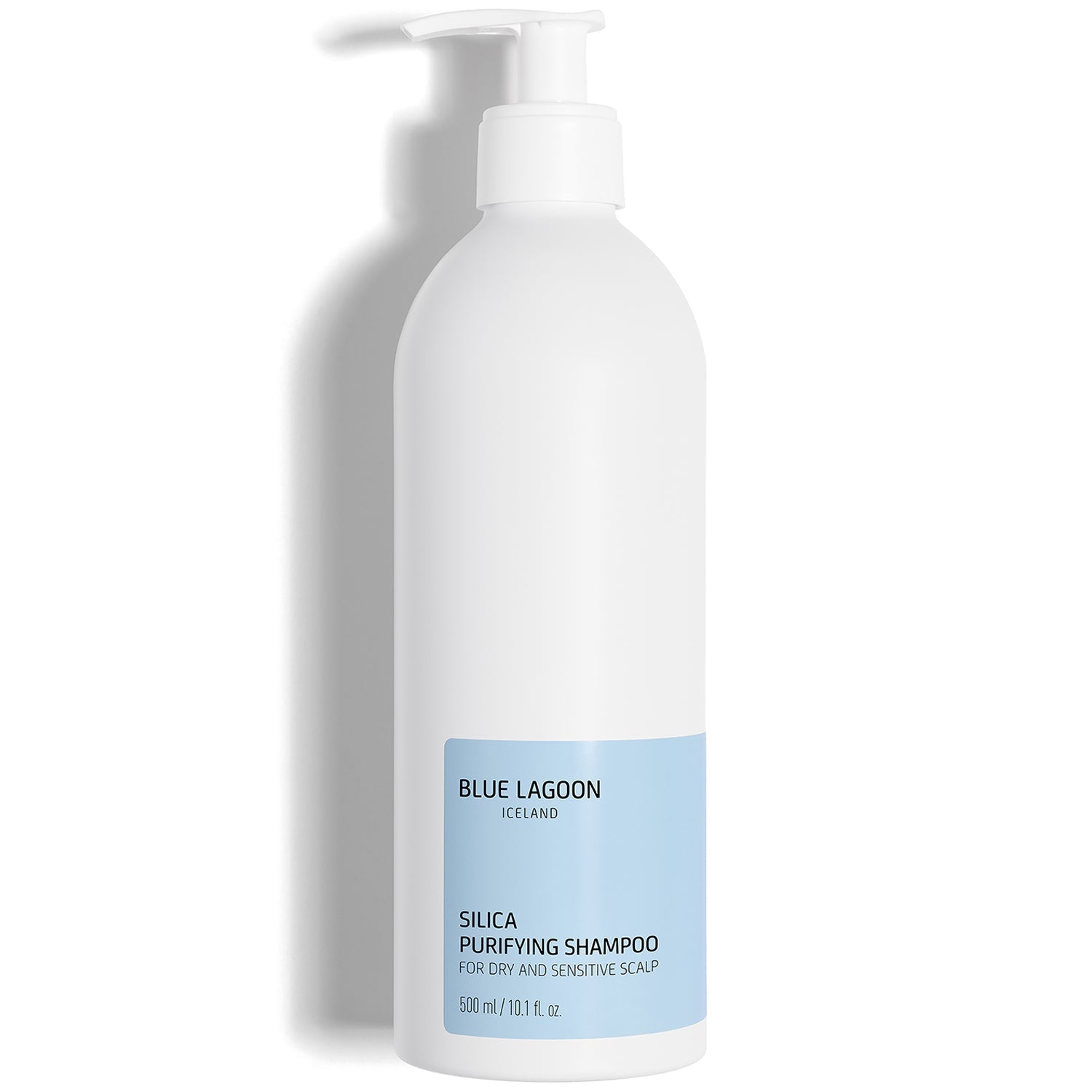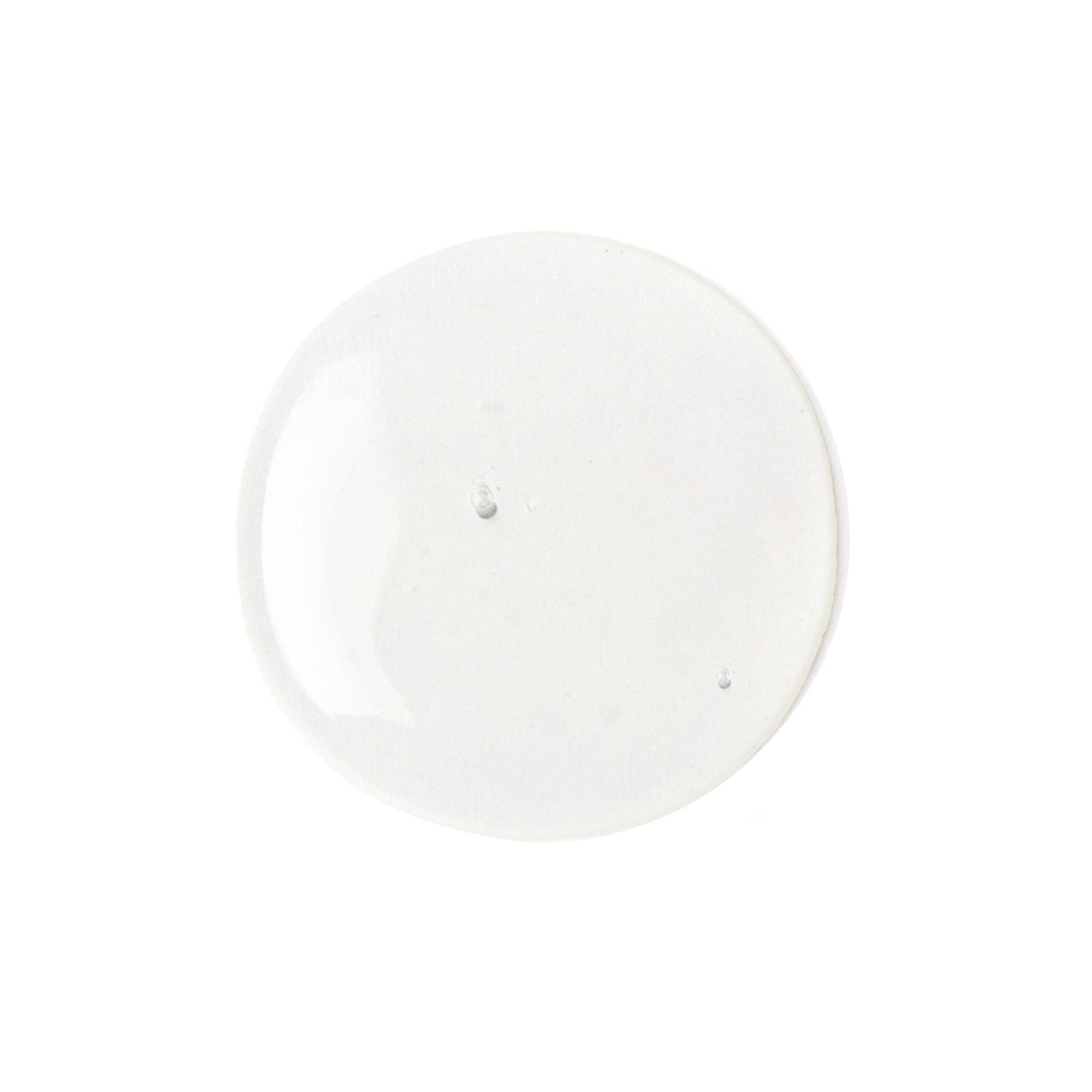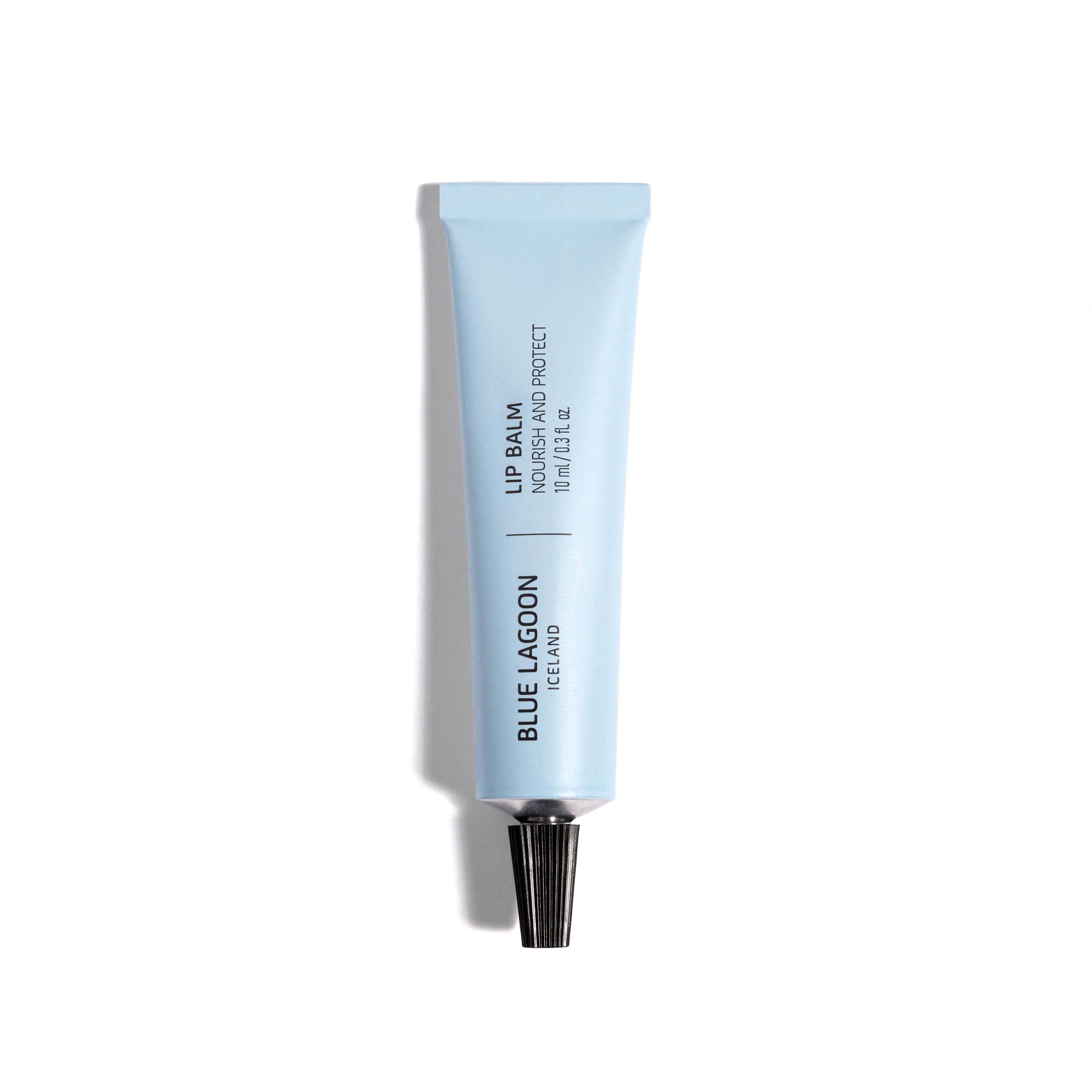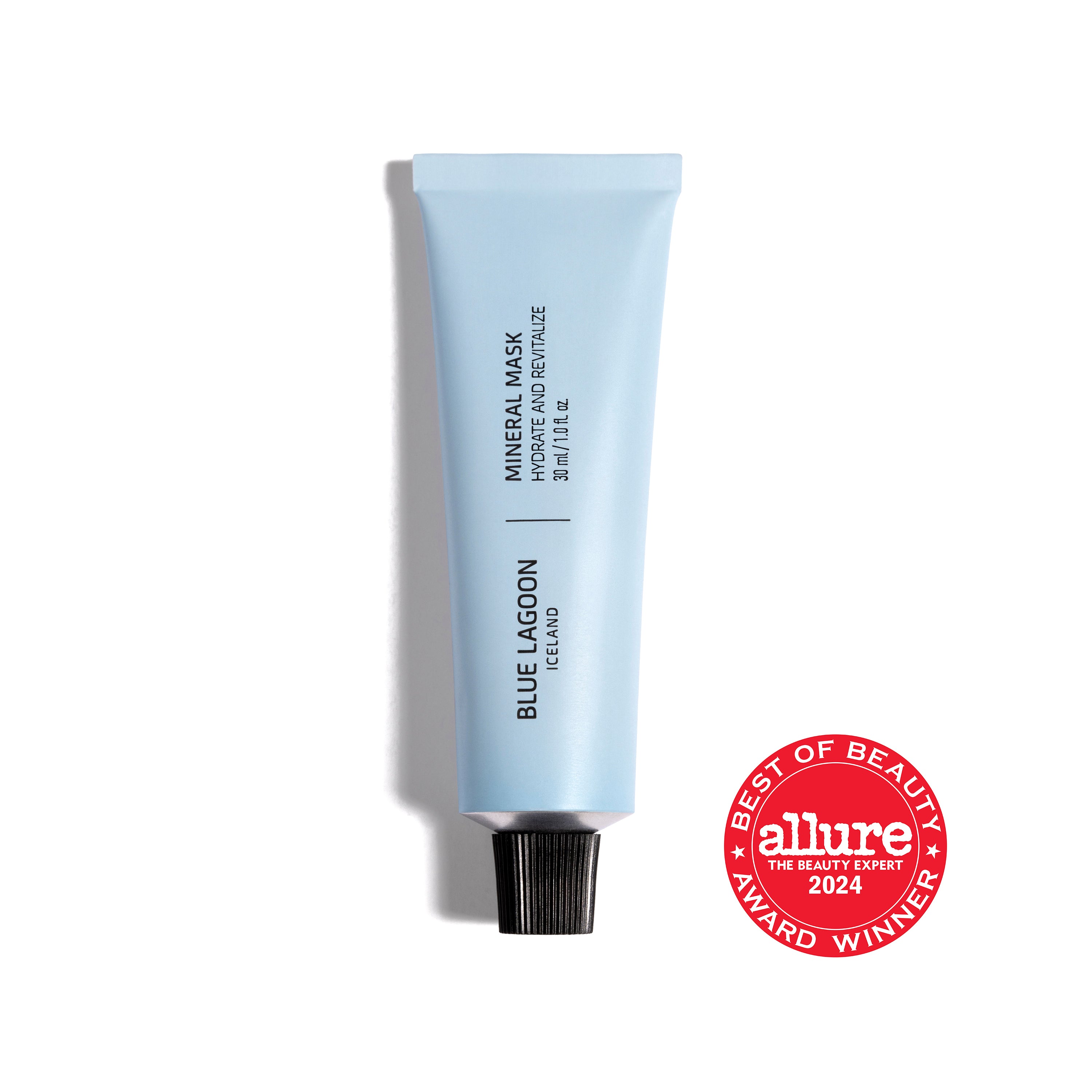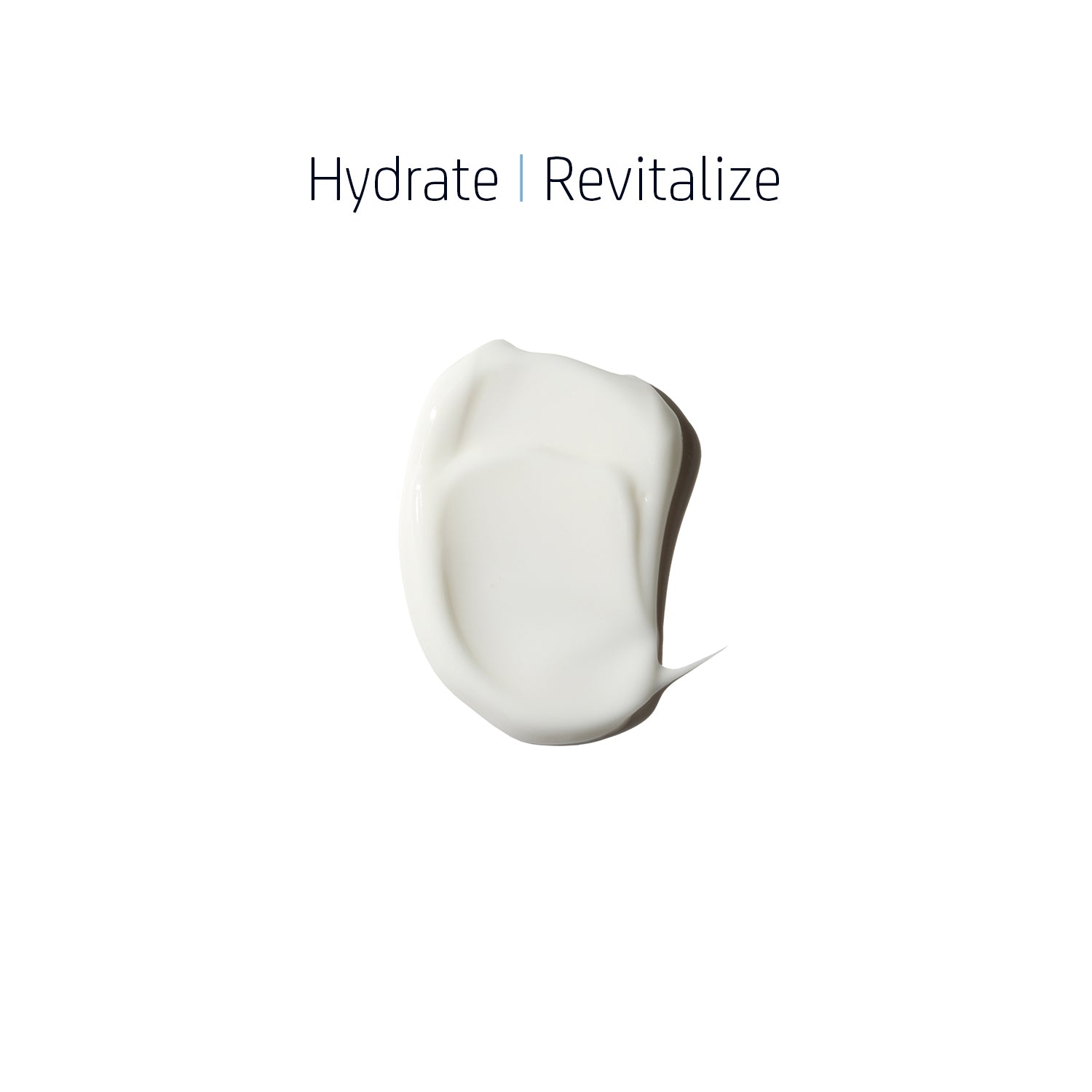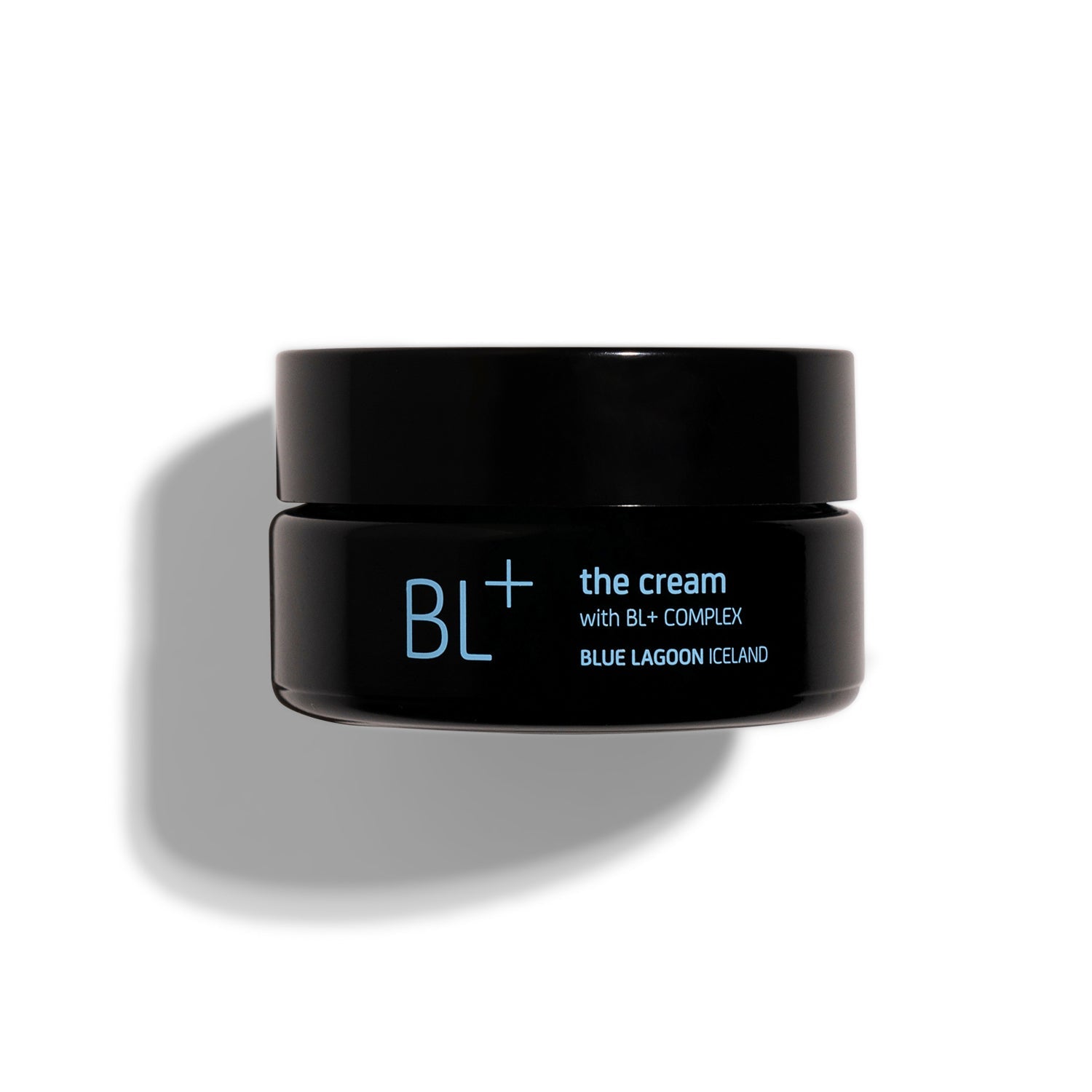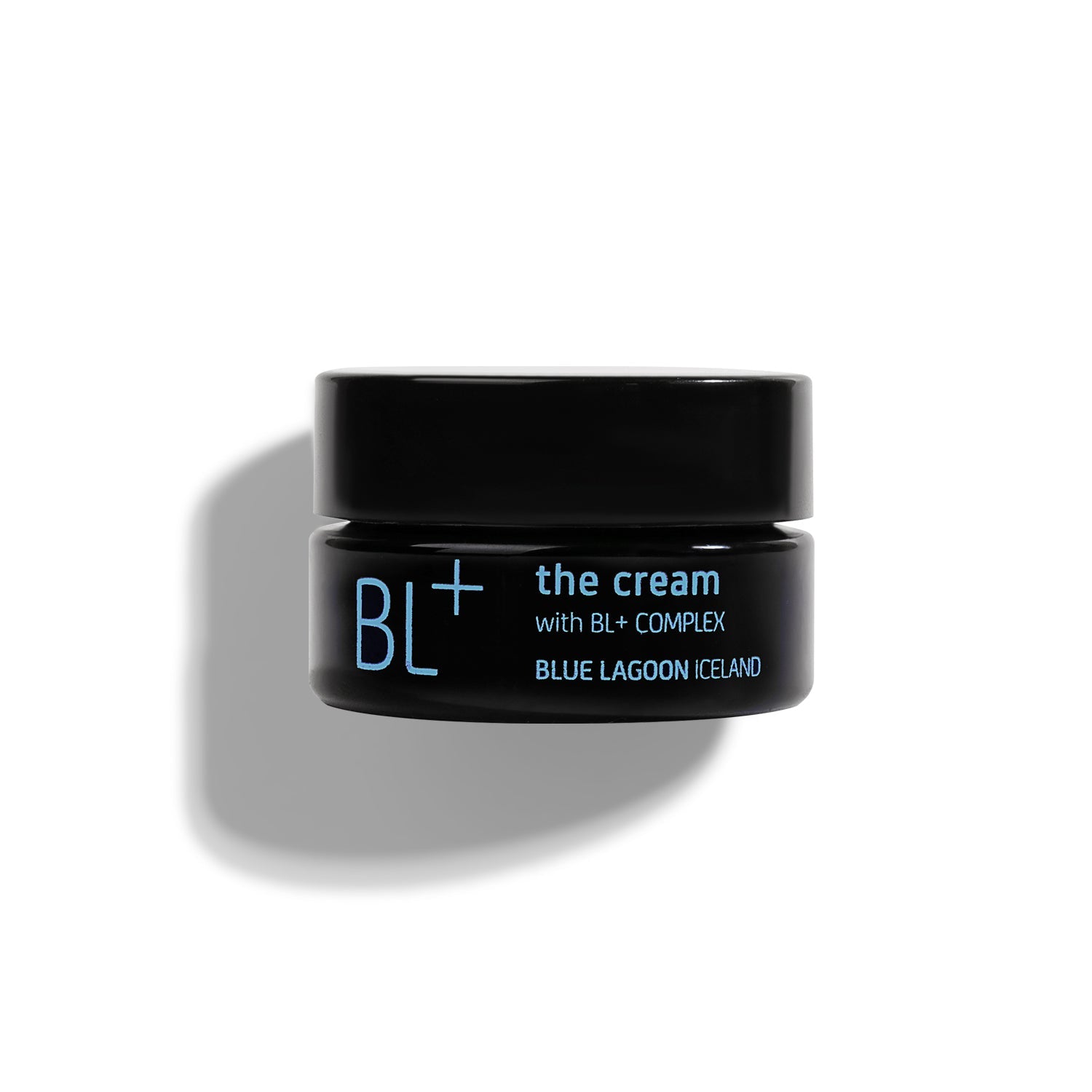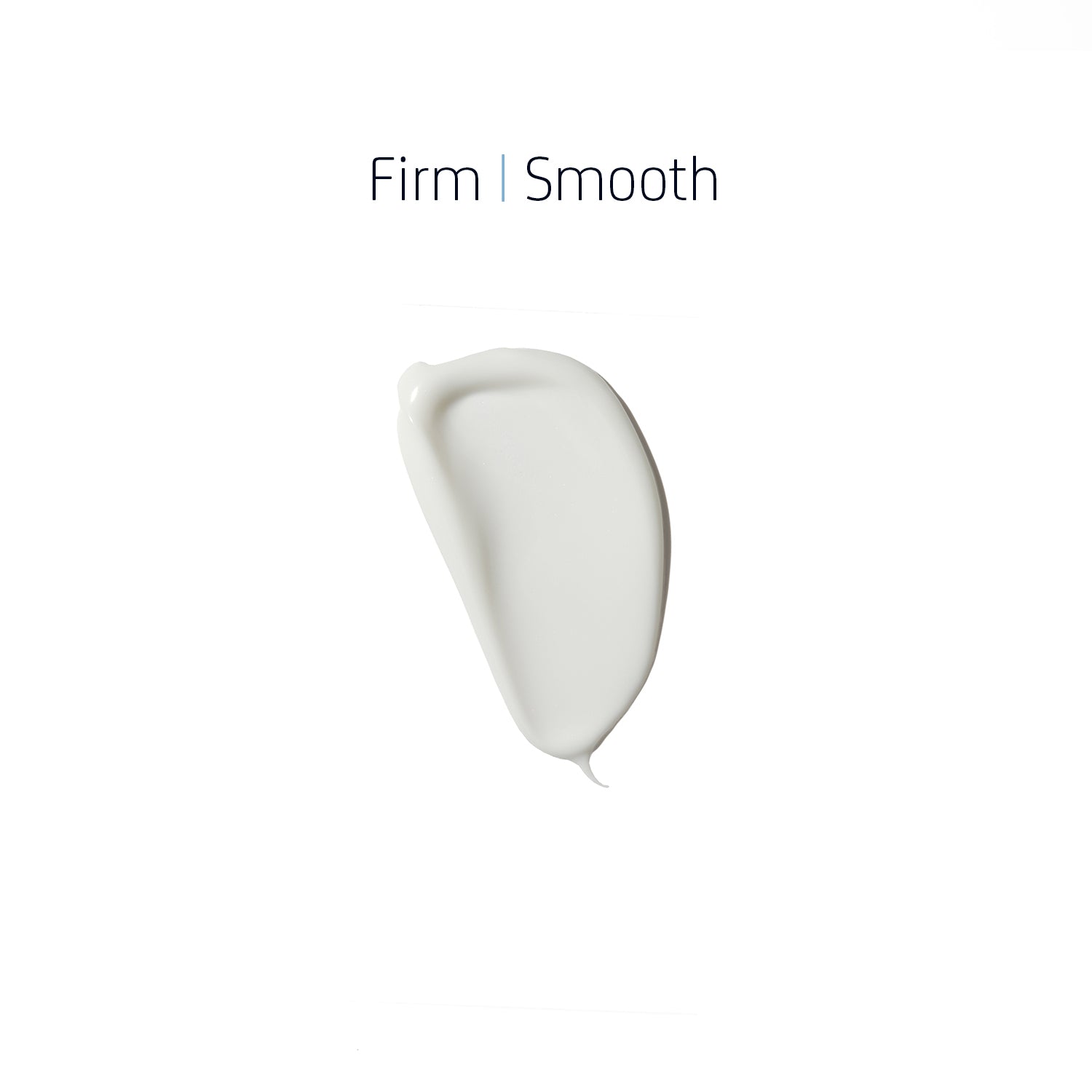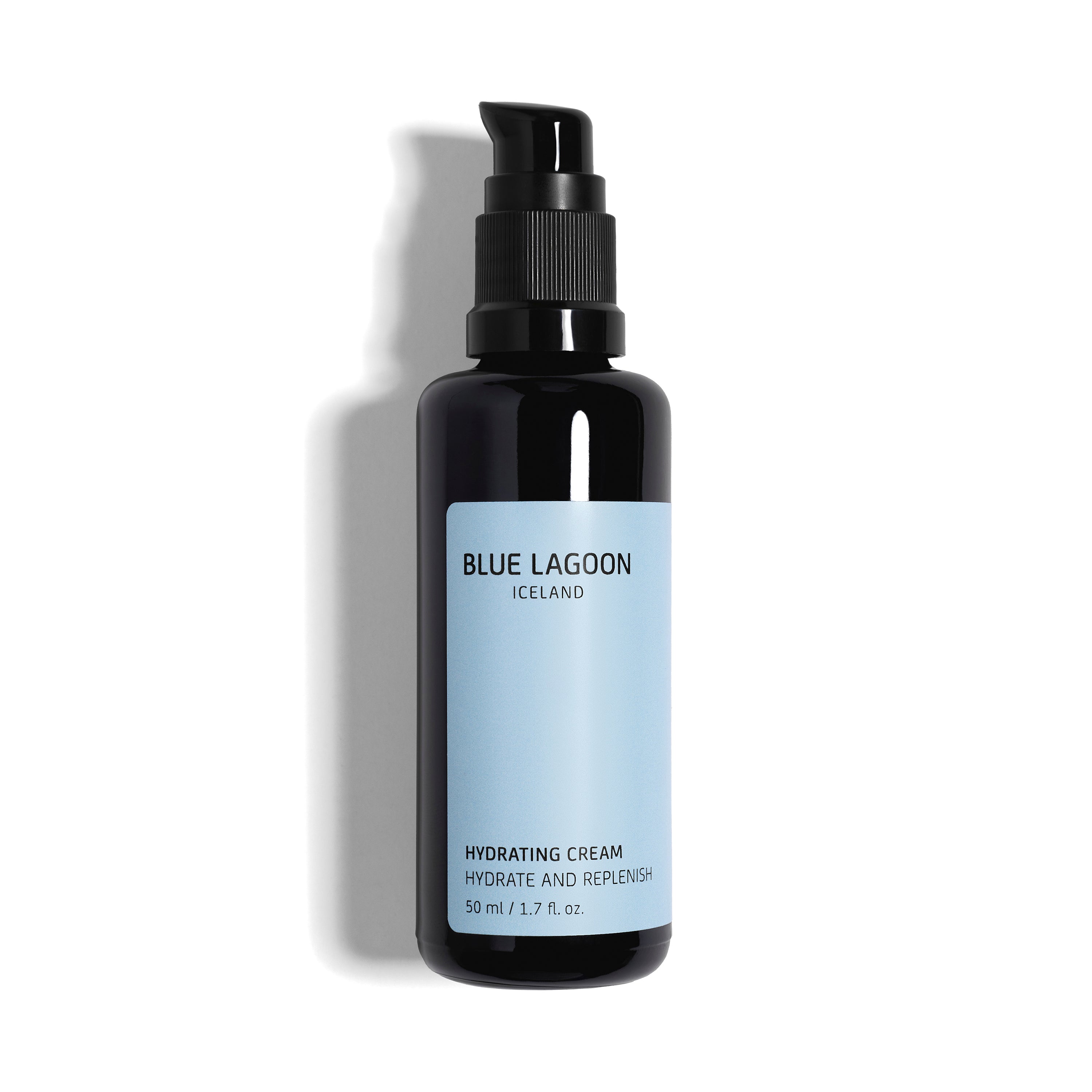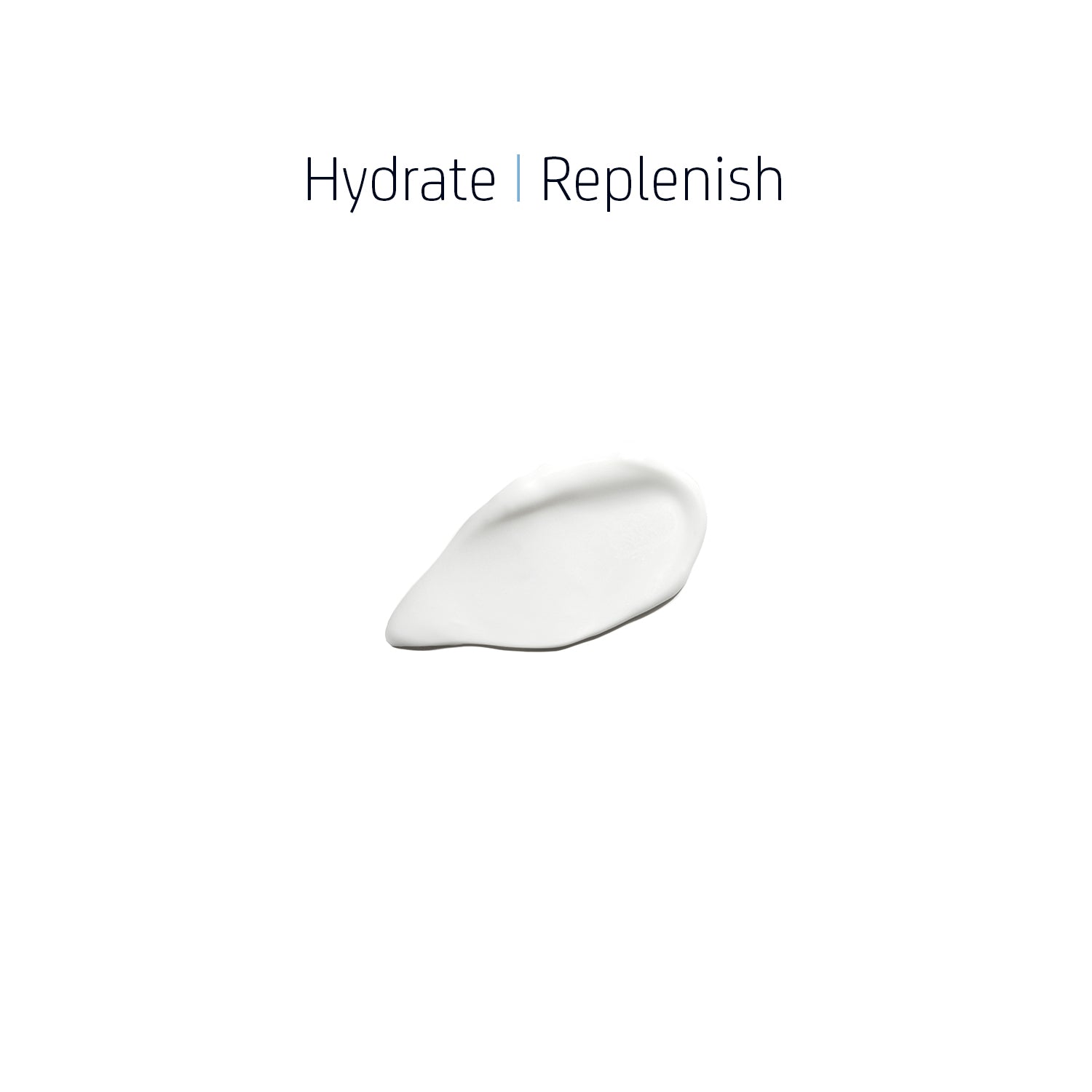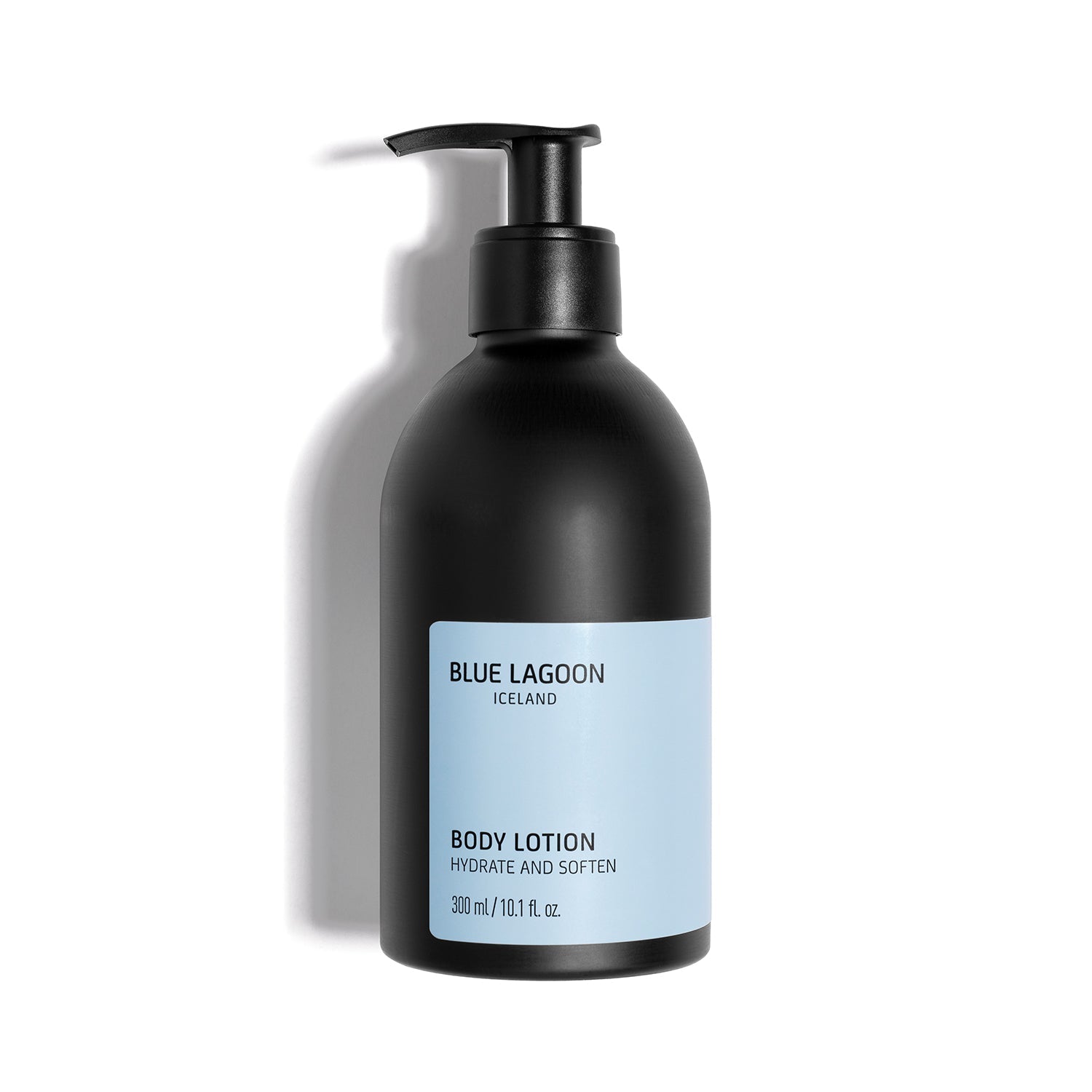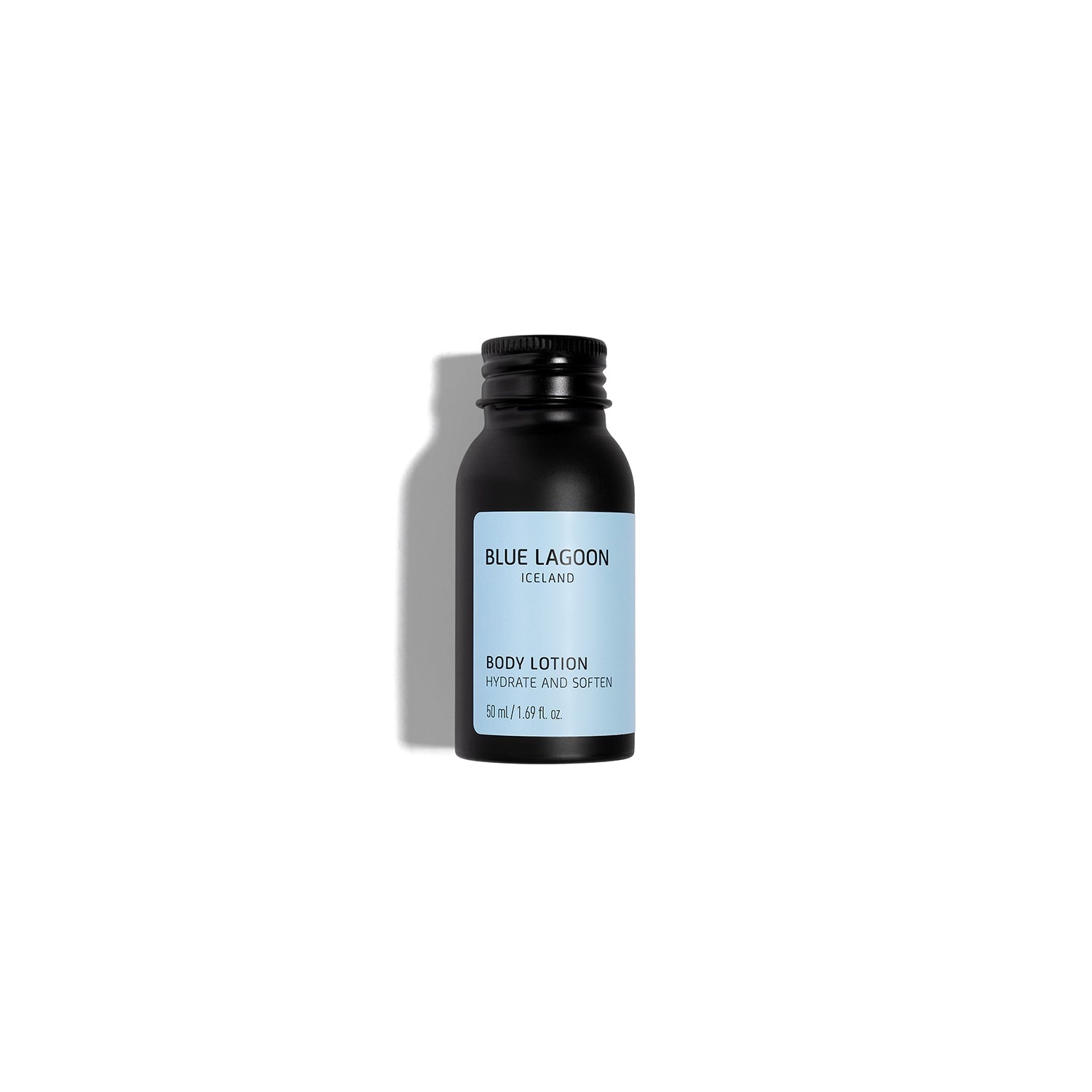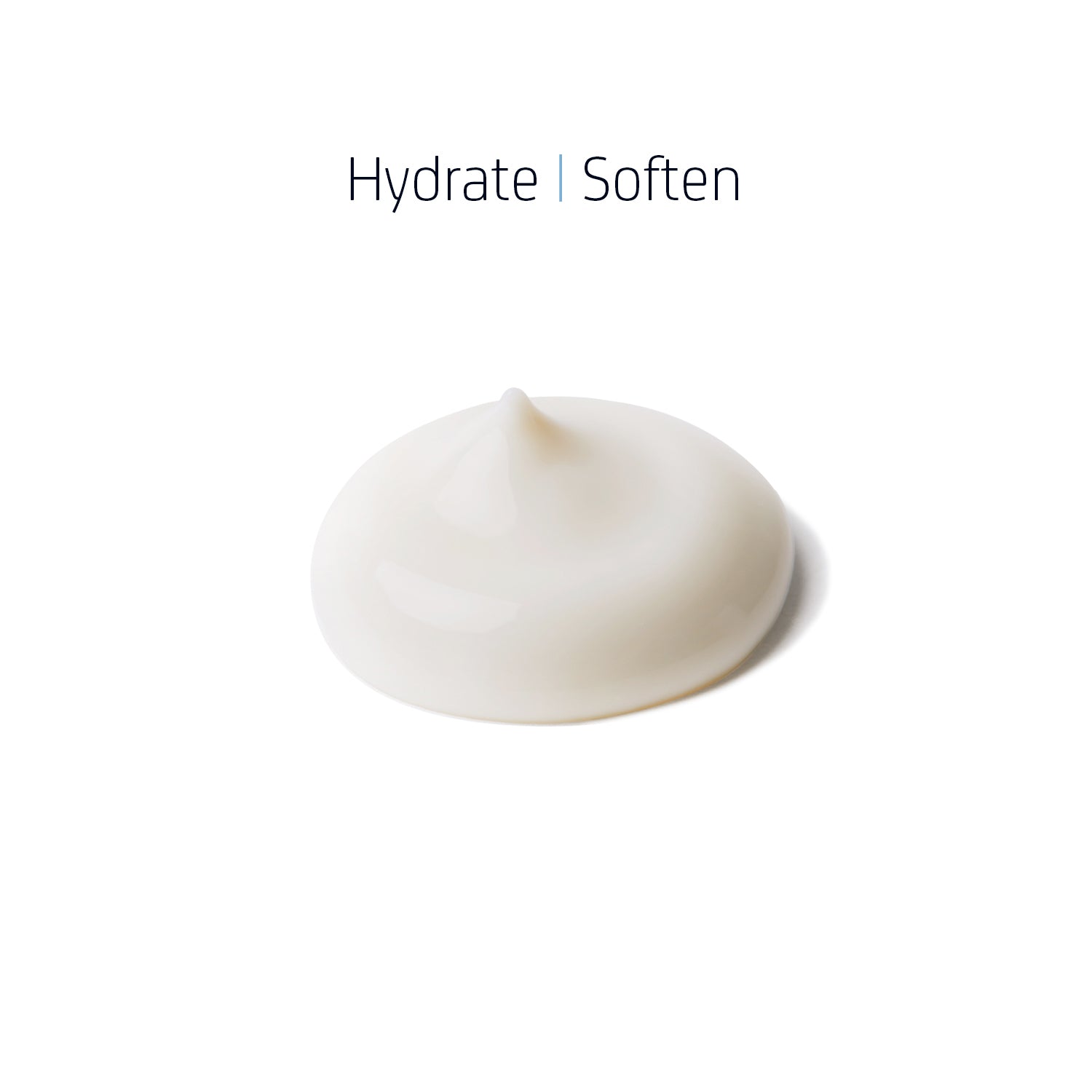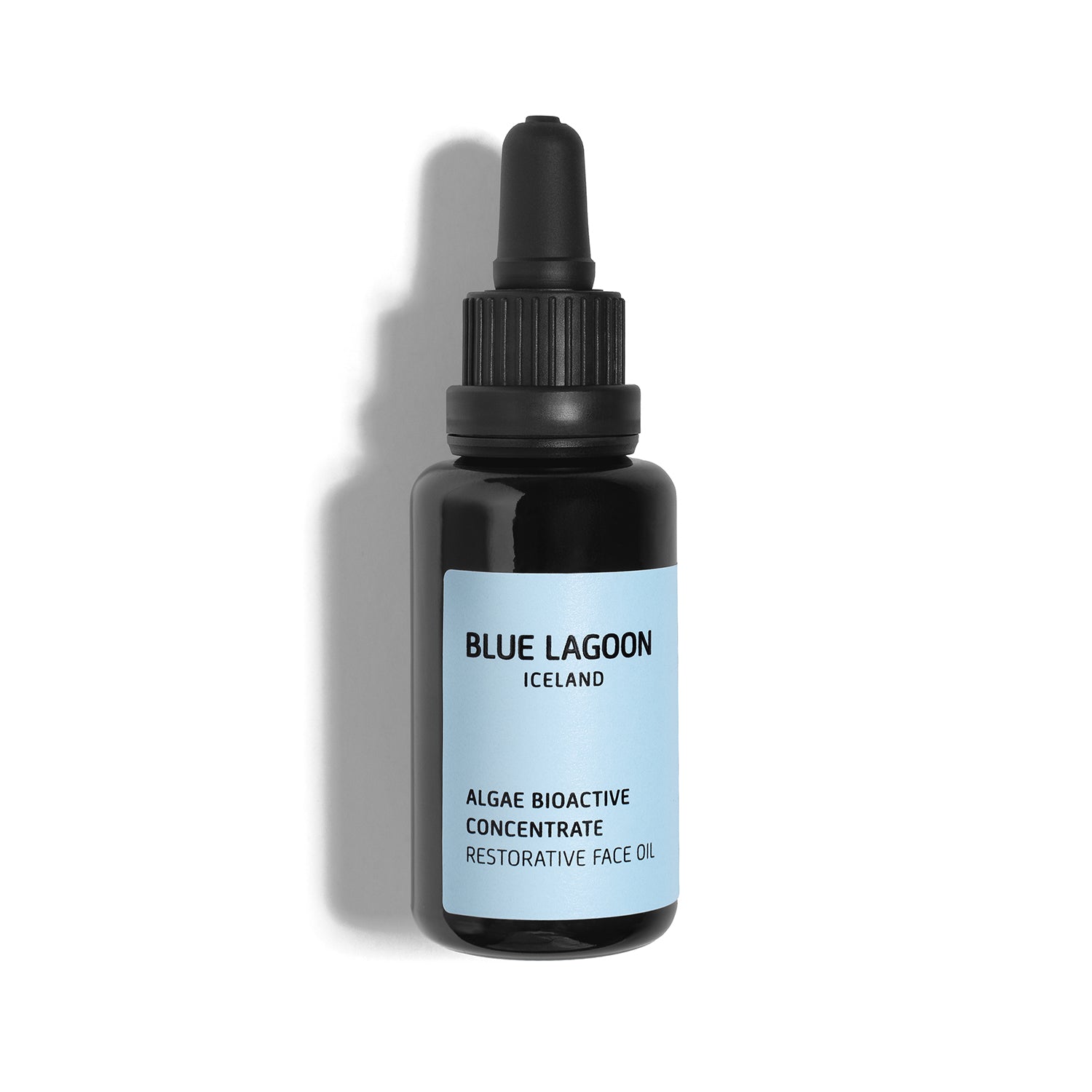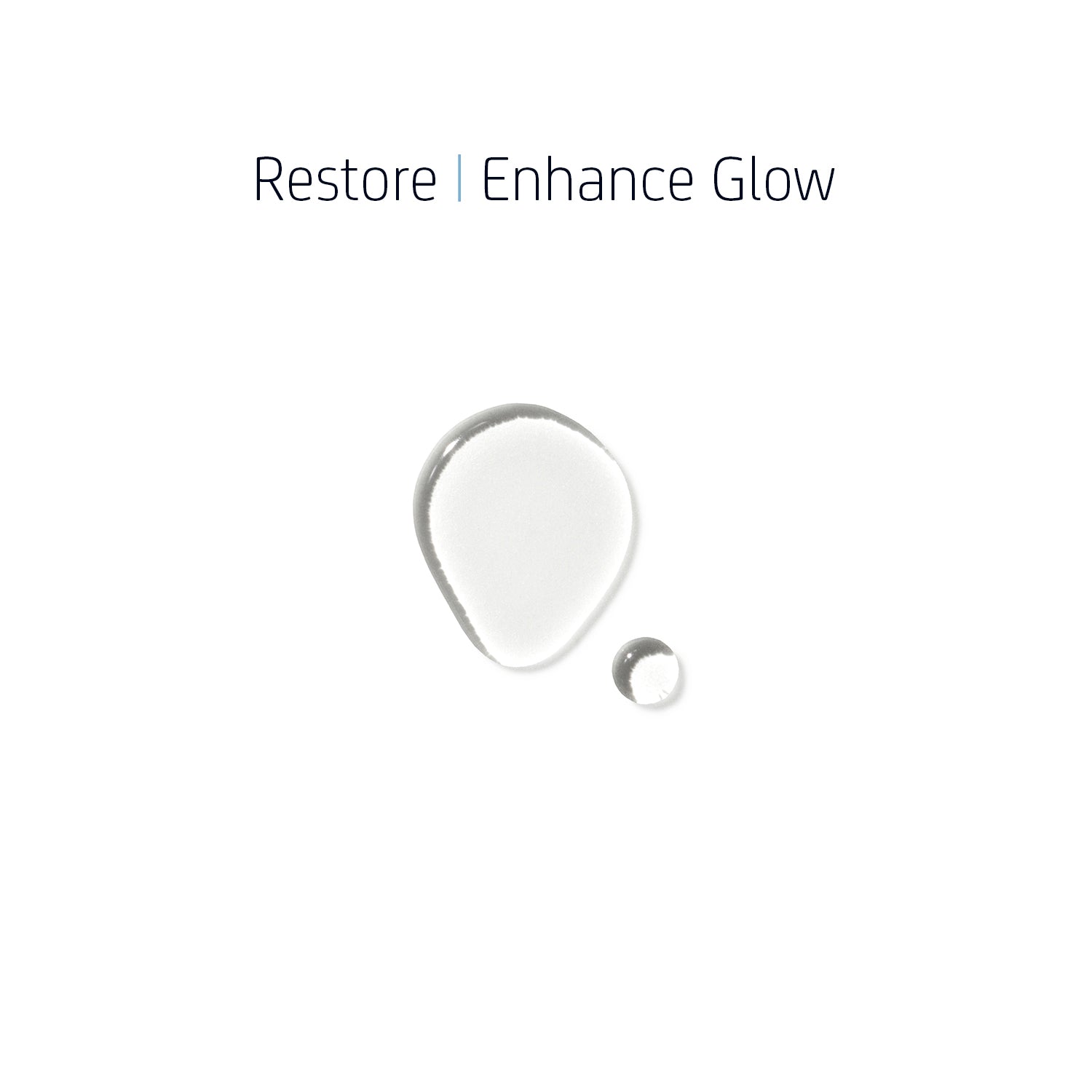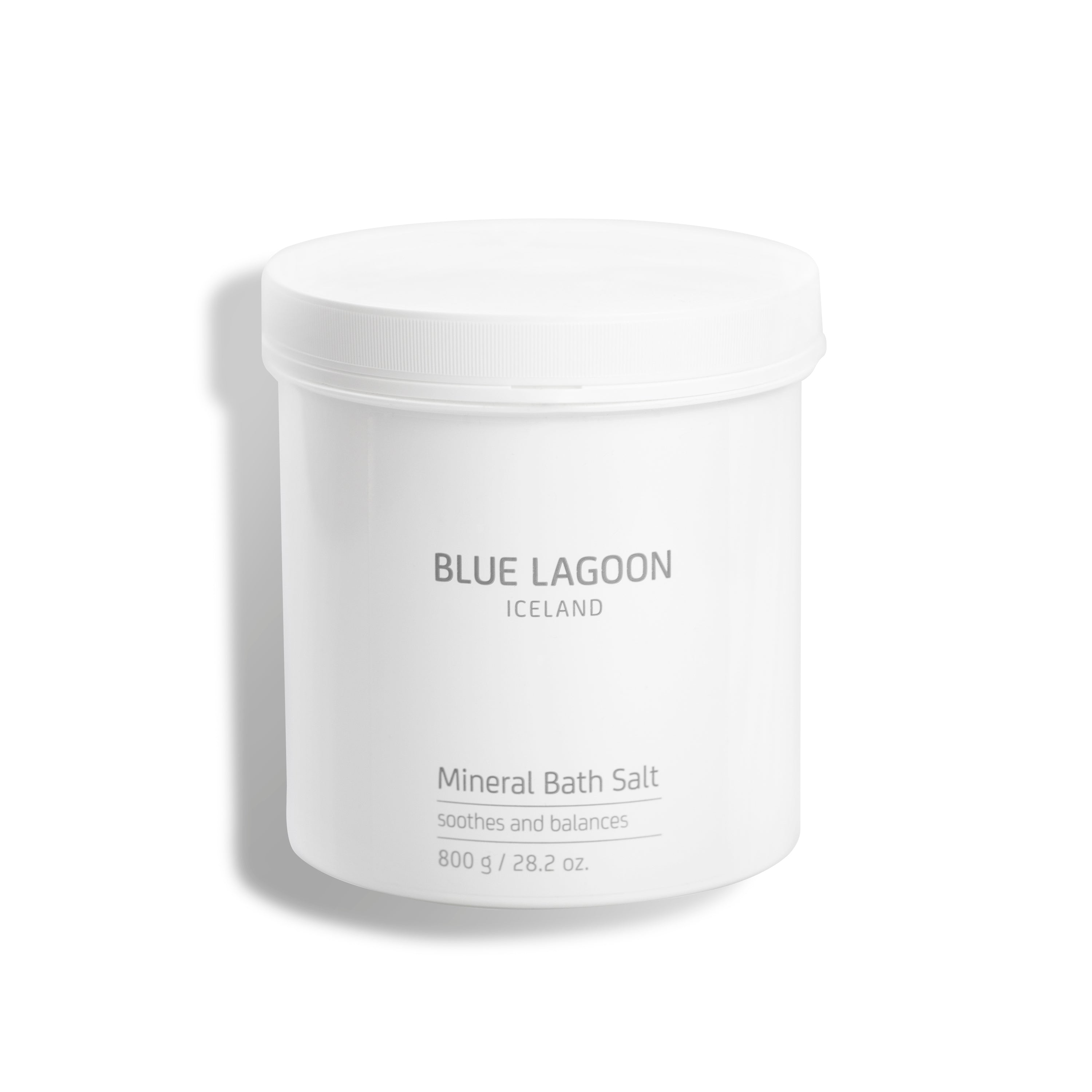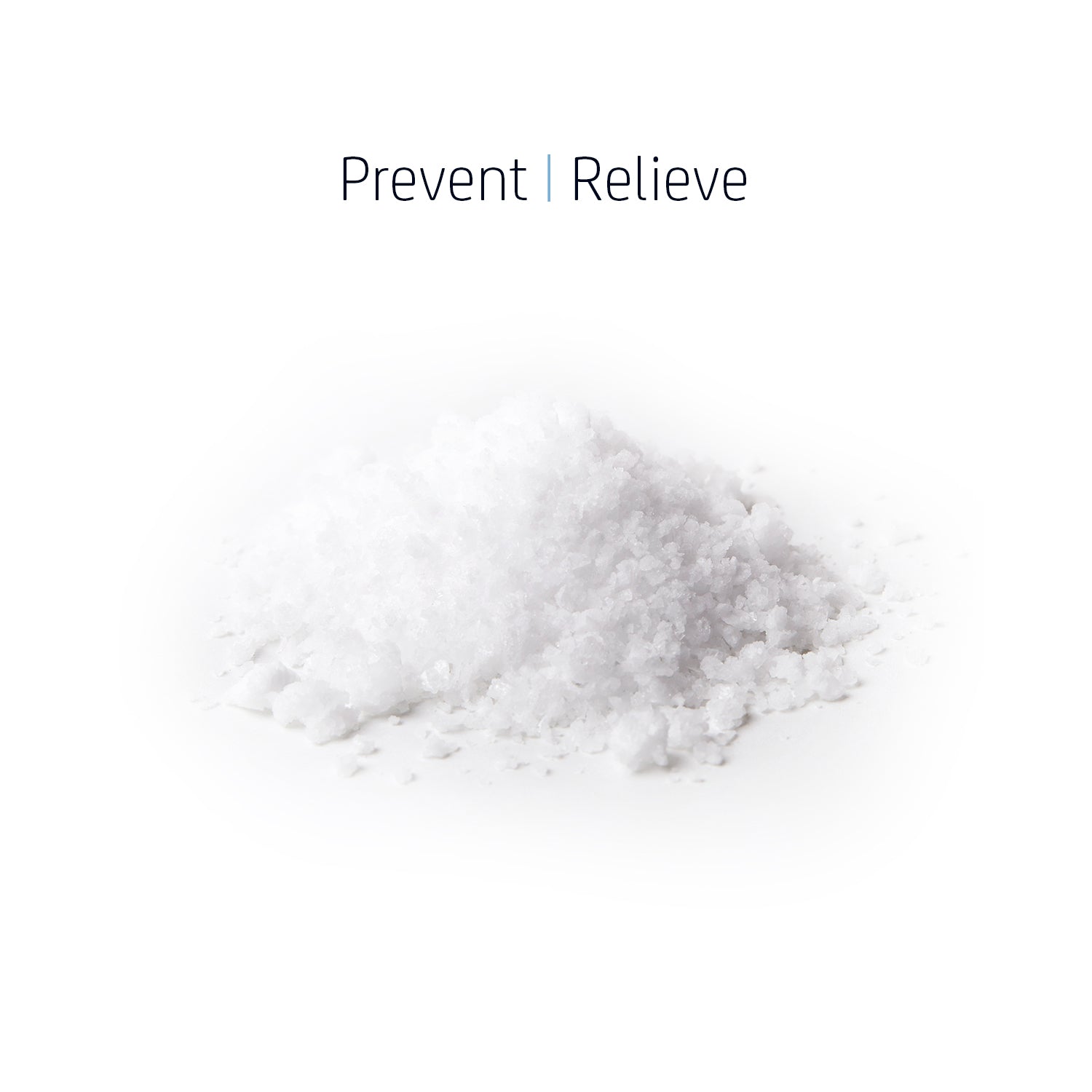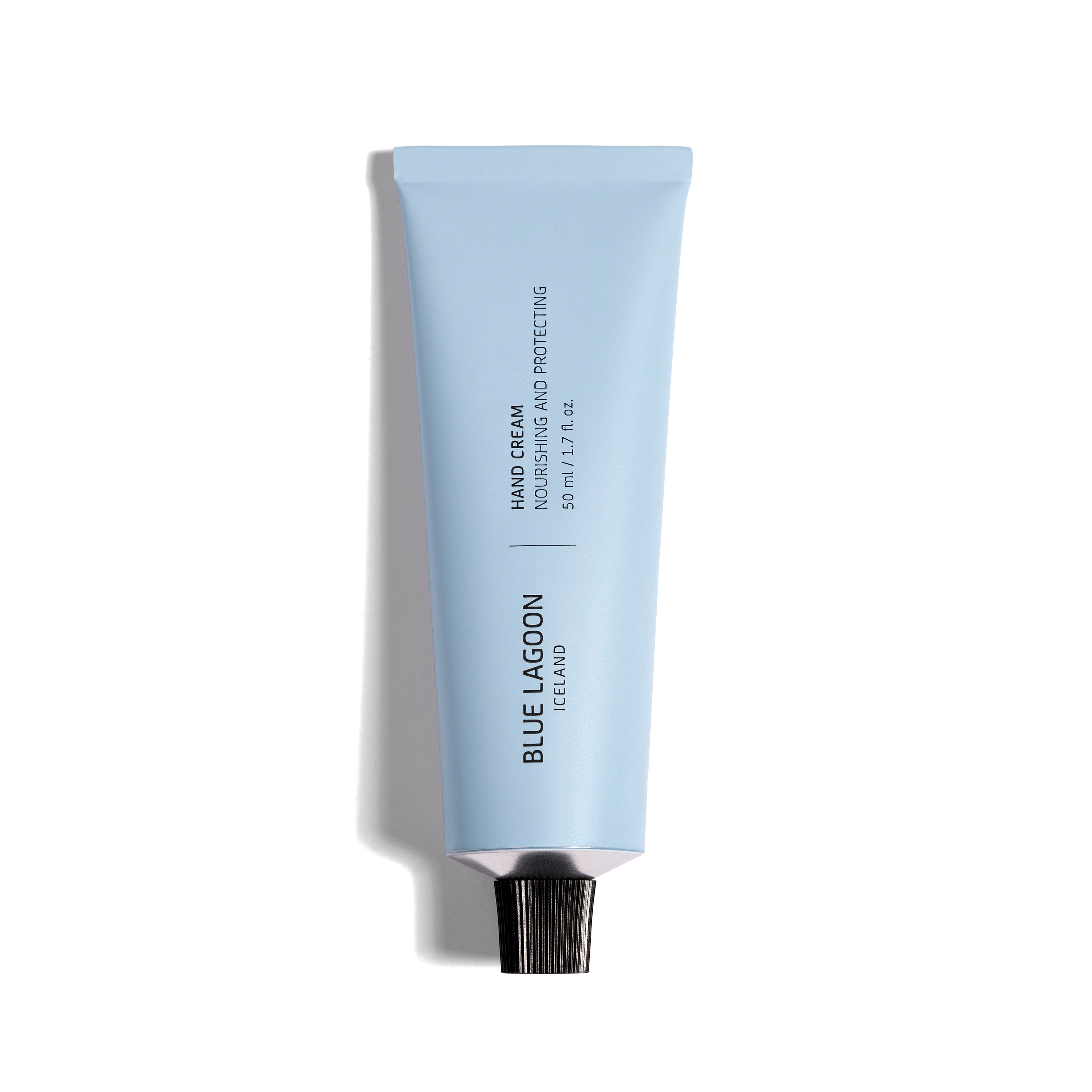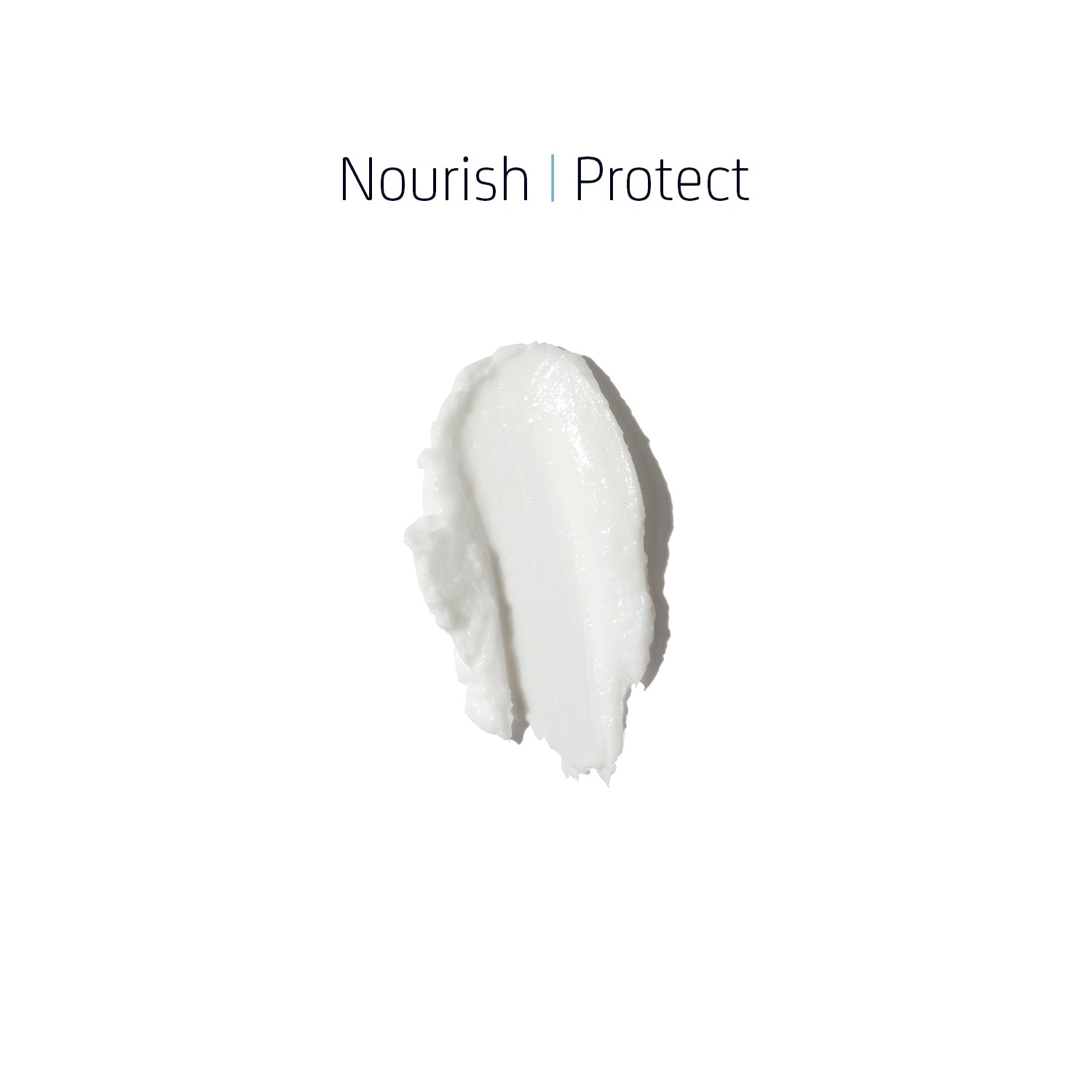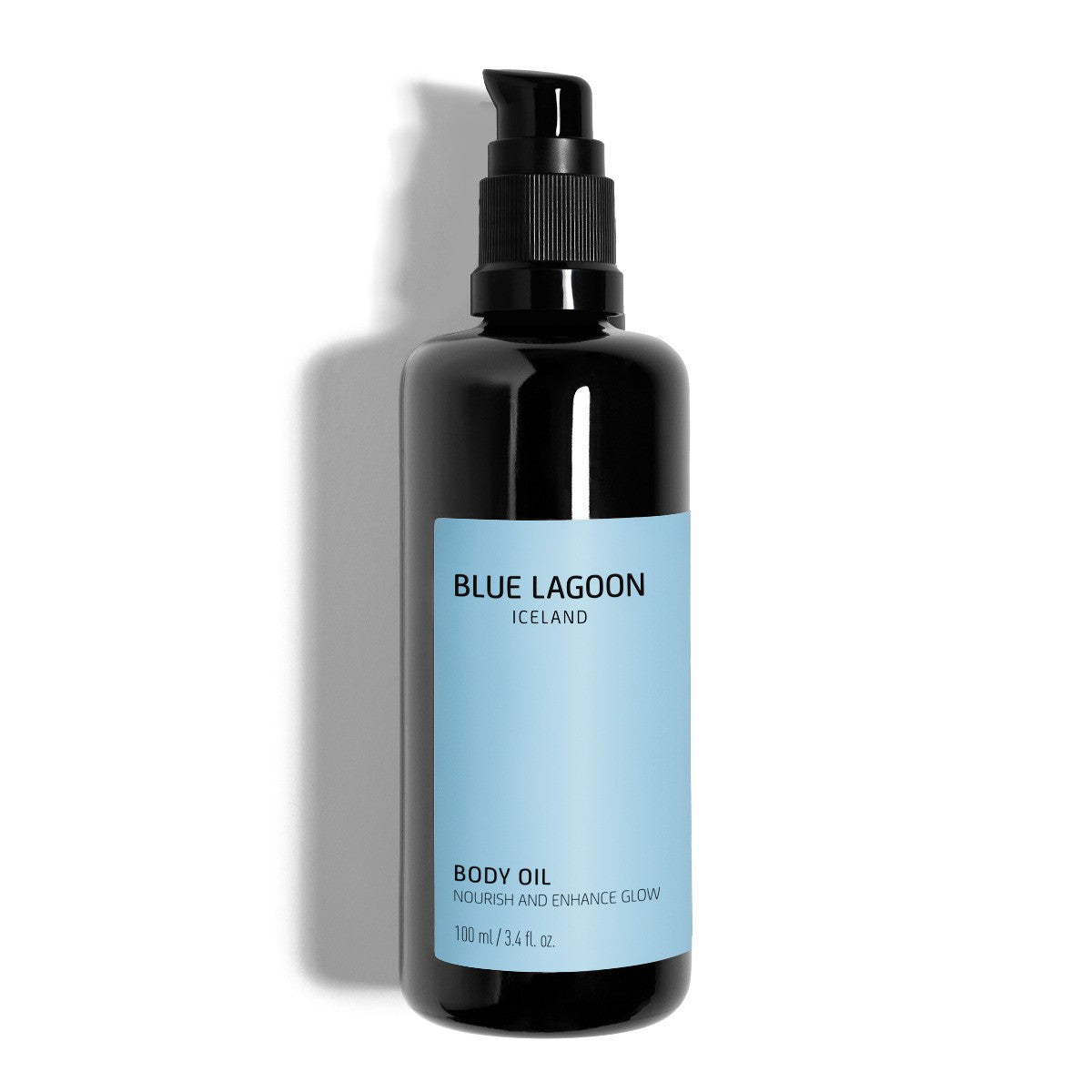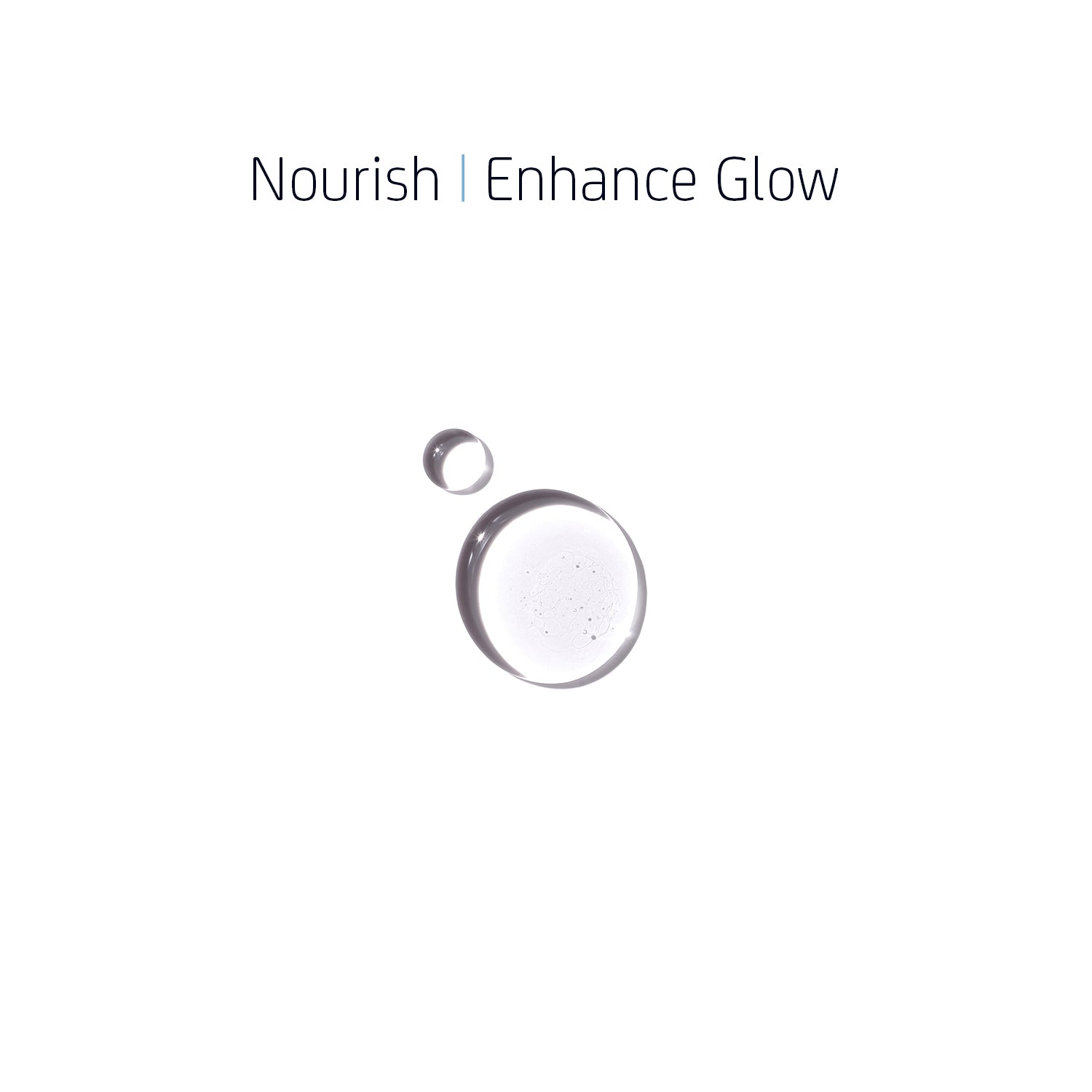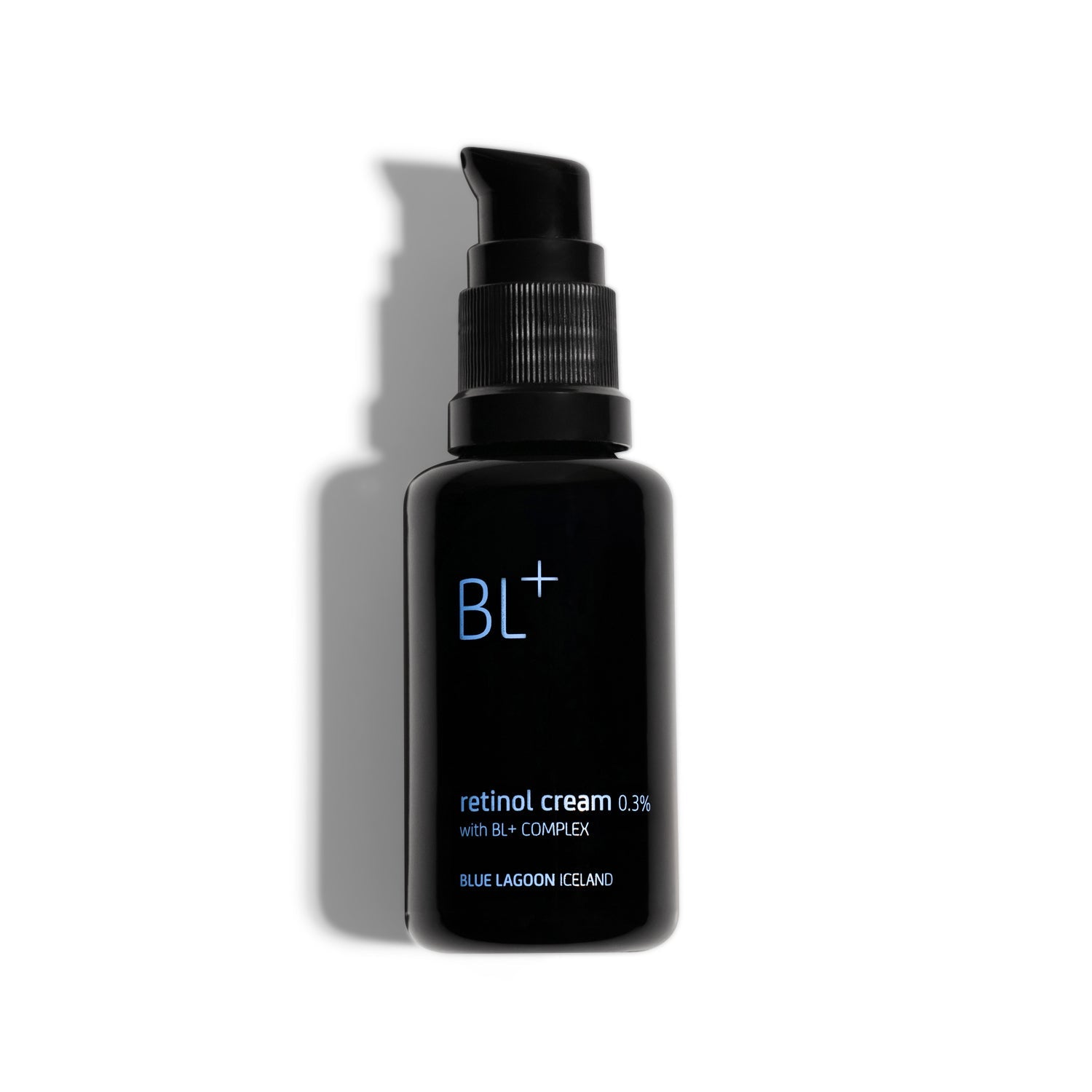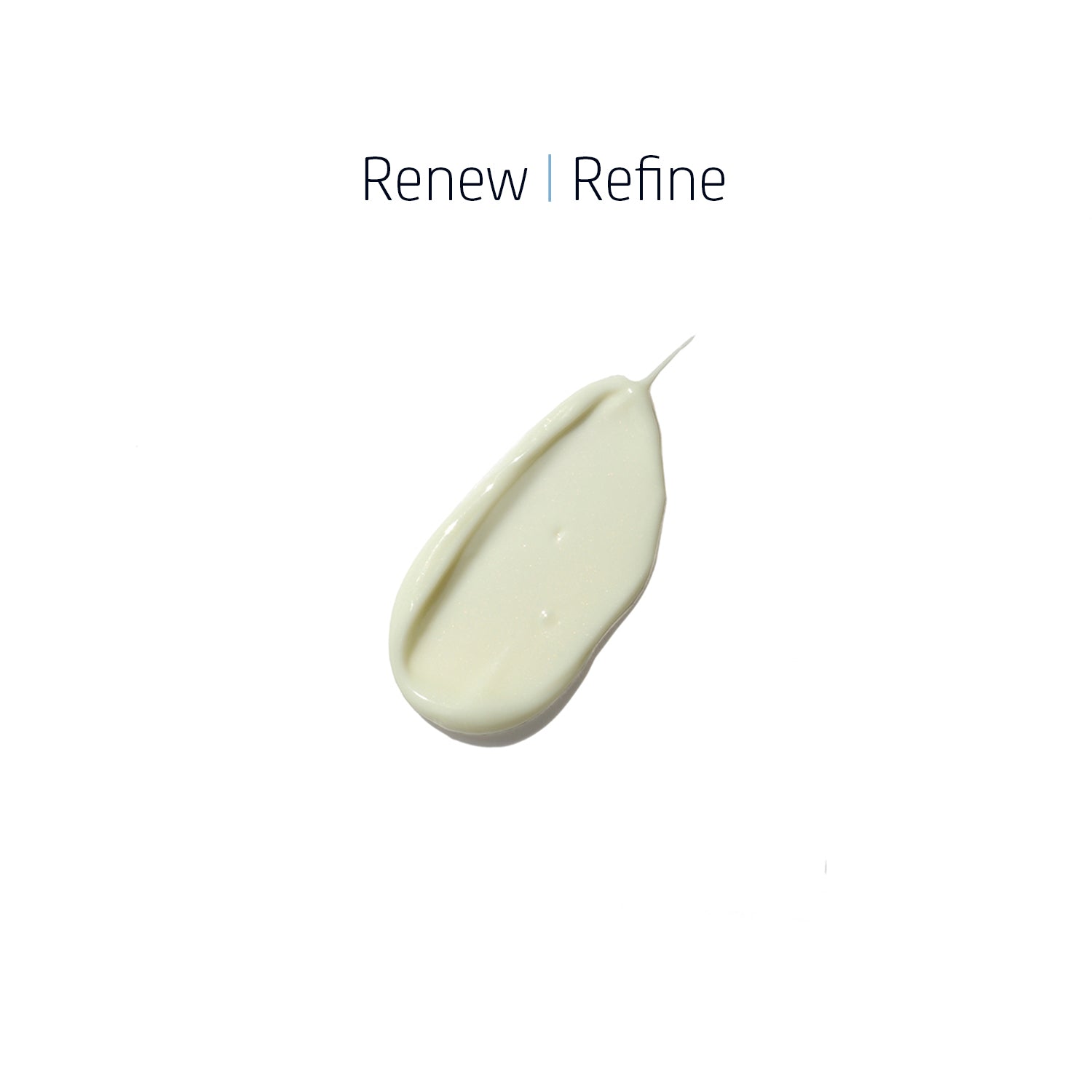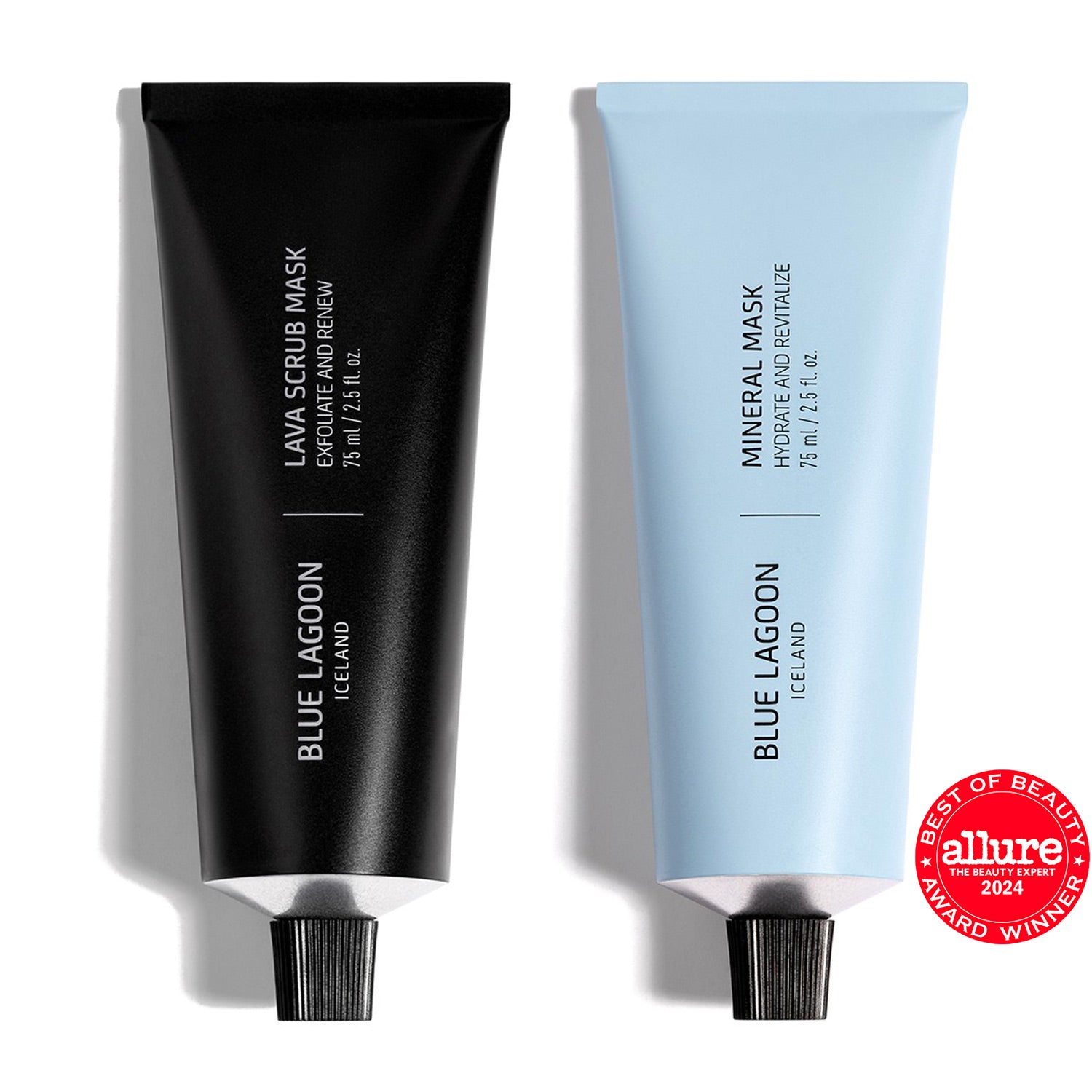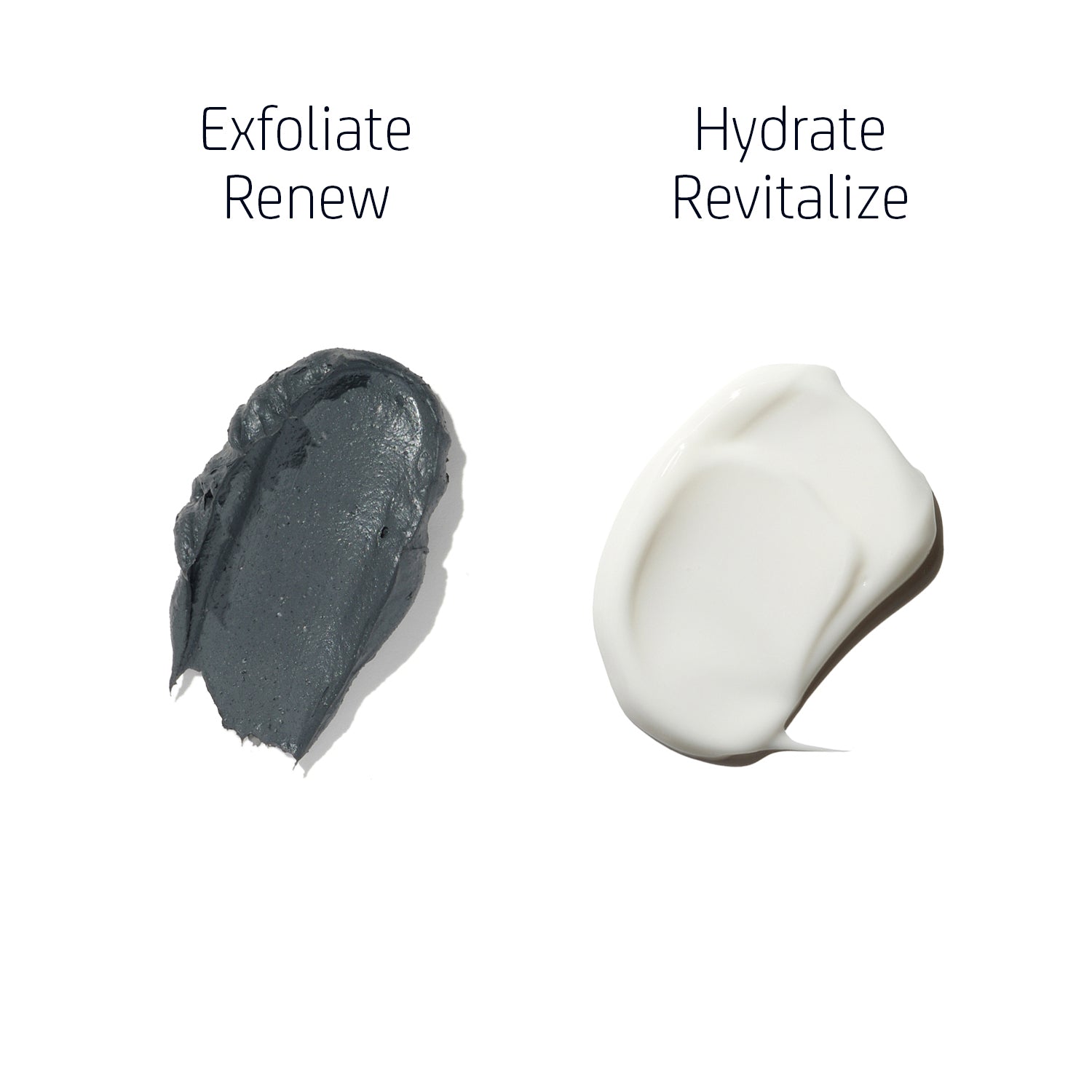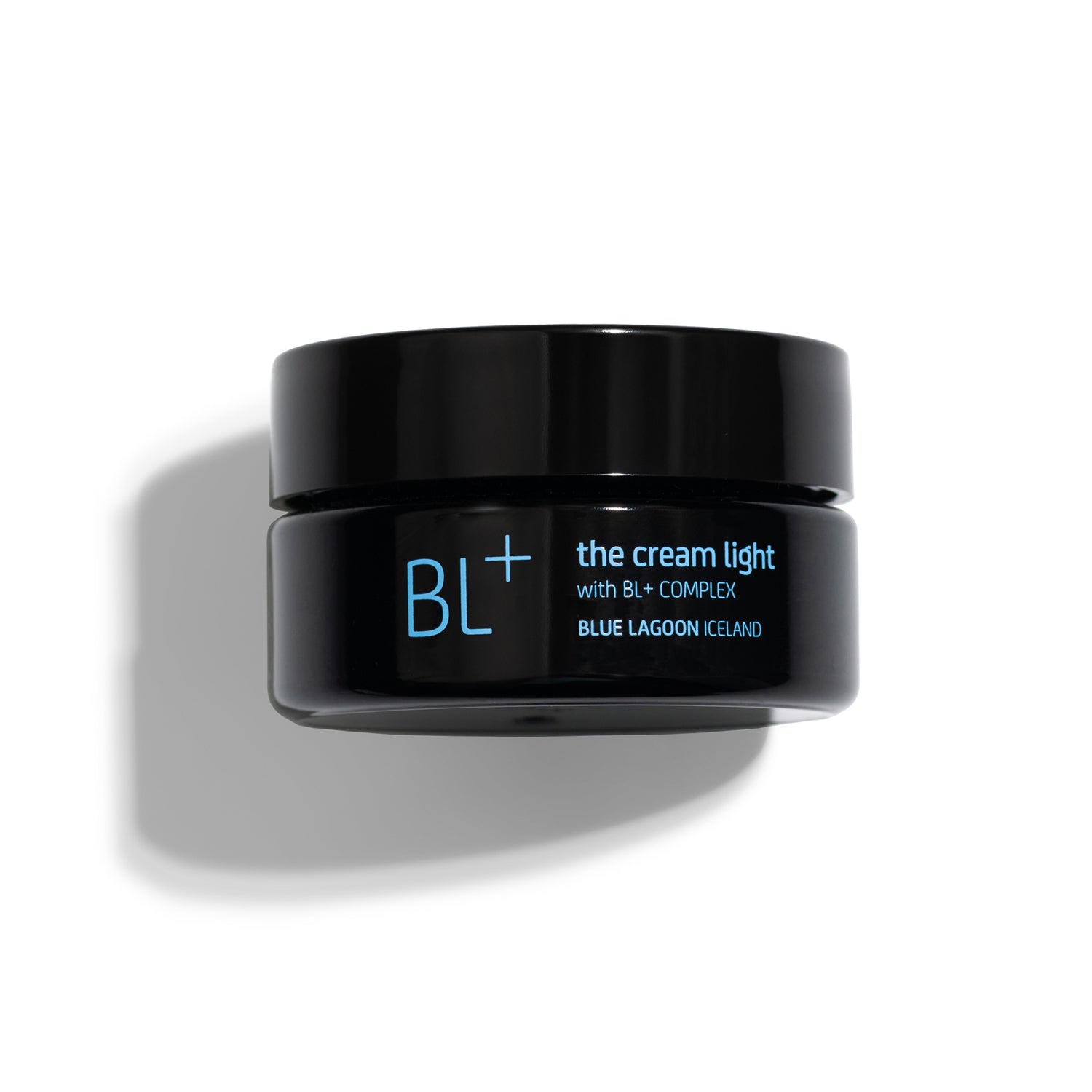Moisturizing
FAQ
What are the symptoms and causes of dehydrated skin?
The main symptoms of dehydrated skin are itchiness, heightened sensitivity, dullness, and premature aging.
Itchiness results from climatic conditions such as harsh winds, blazing sunshine, and extreme temperatures, which dehydrate the epidermis, causing tightness, flaking, and a chronic need to scratch your skin.
Heightened sensitivity occurs when your skin’s moisture barrier is depleted. Without water to effectively energize the barrier, your skin cannot protect itself from environmental stressors such as pollutants and bacteria, which cause redness, irritation, and itchiness.
Dullness results from your skin’s inability to transact critical functions. Lacking sufficient hydration, your skin cannot sufficiently refresh its outermost layer—a process called cell turnover. The resulting accumulation of dead cells creates clogged pores and a tired complexion.
Signs of premature aging are yet another consequence of dehydrated skin. Since your skin, like the rest of your body, is predominantly composed of water, dehydration has dramatic repercussions, limiting elasticity and precipitating the appearance of fine lines and wrinkles.
What’s the difference between dry and dehydrated skin?
At the most basic level, dehydrated skin is a condition and dry skin is a type. Dehydrated skin lacks water. Dry skin needs oil. Hydration brings quenching relief to thirsty skin. Moisturization restores the skin's oils, providing a nourishing barrier that prevents water loss. Finding the optimal balance between oil and water is one of the cornerstones of a healthy, hydrated glow.
Why is maintaining a healthy skin barrier important?
The skin barrier regulates water balance and serves as the first line of defense against all forms of external threats. From pollutants and bacteria to viruses, allergens, and the sun’s UV radiation, the skin barrier shields you from environmental stressors, preserving the purity, radiance, and health of your complexion.
When the skin barrier is weak or damaged, it can’t seal in moisture, ultimately leading to dry, dehydrated, and vulnerable skin. Thus, a robust skin barrier is essential for lifelong skin health.
